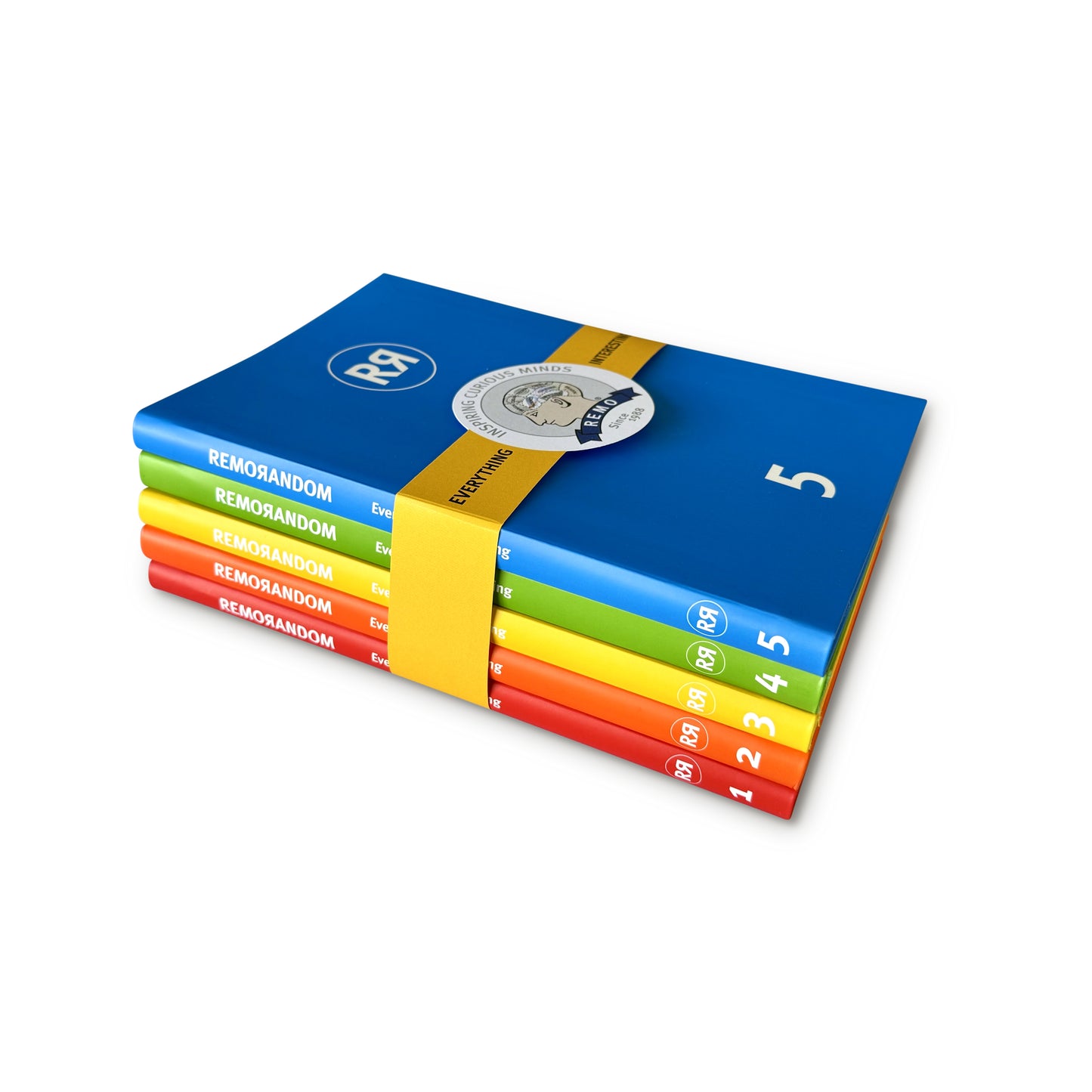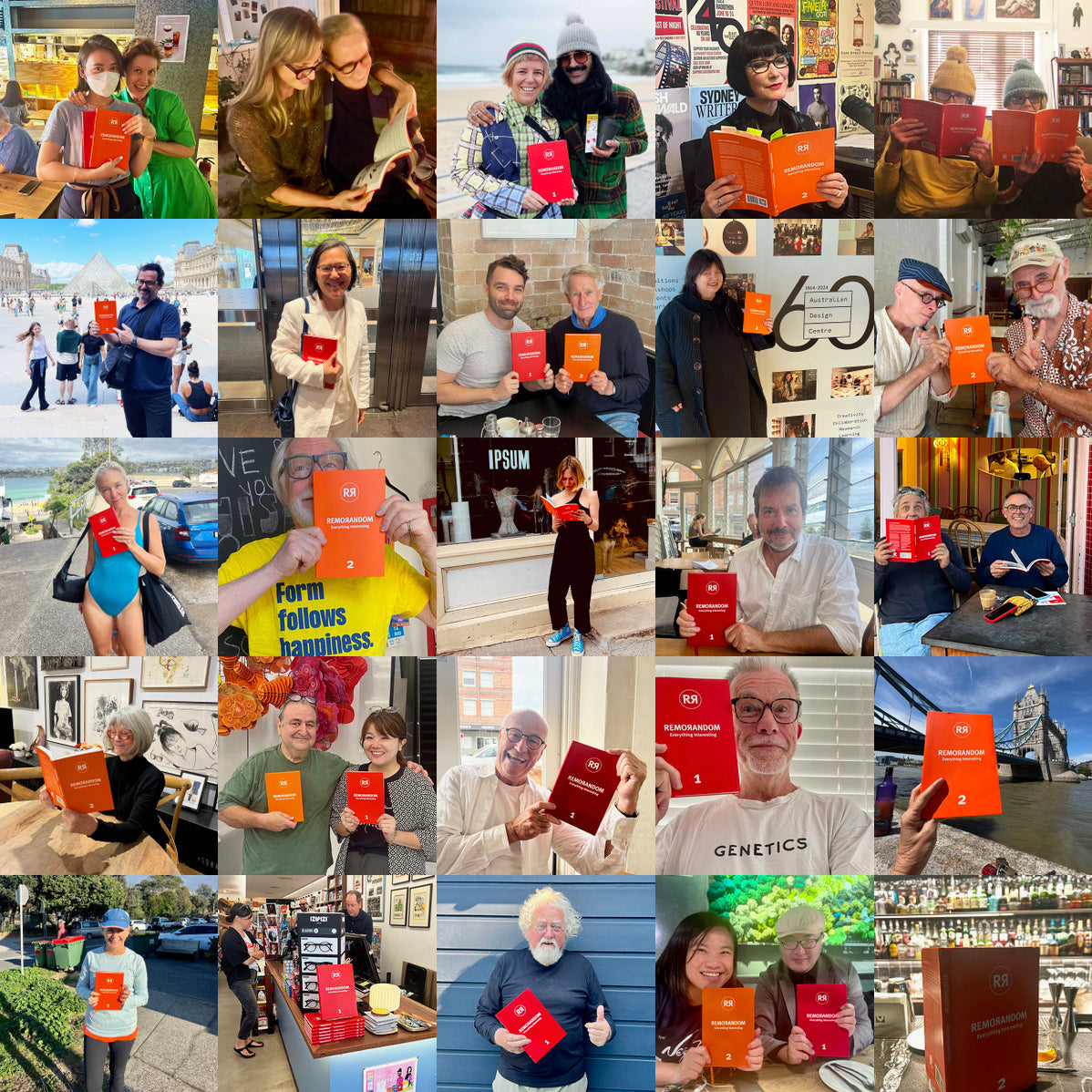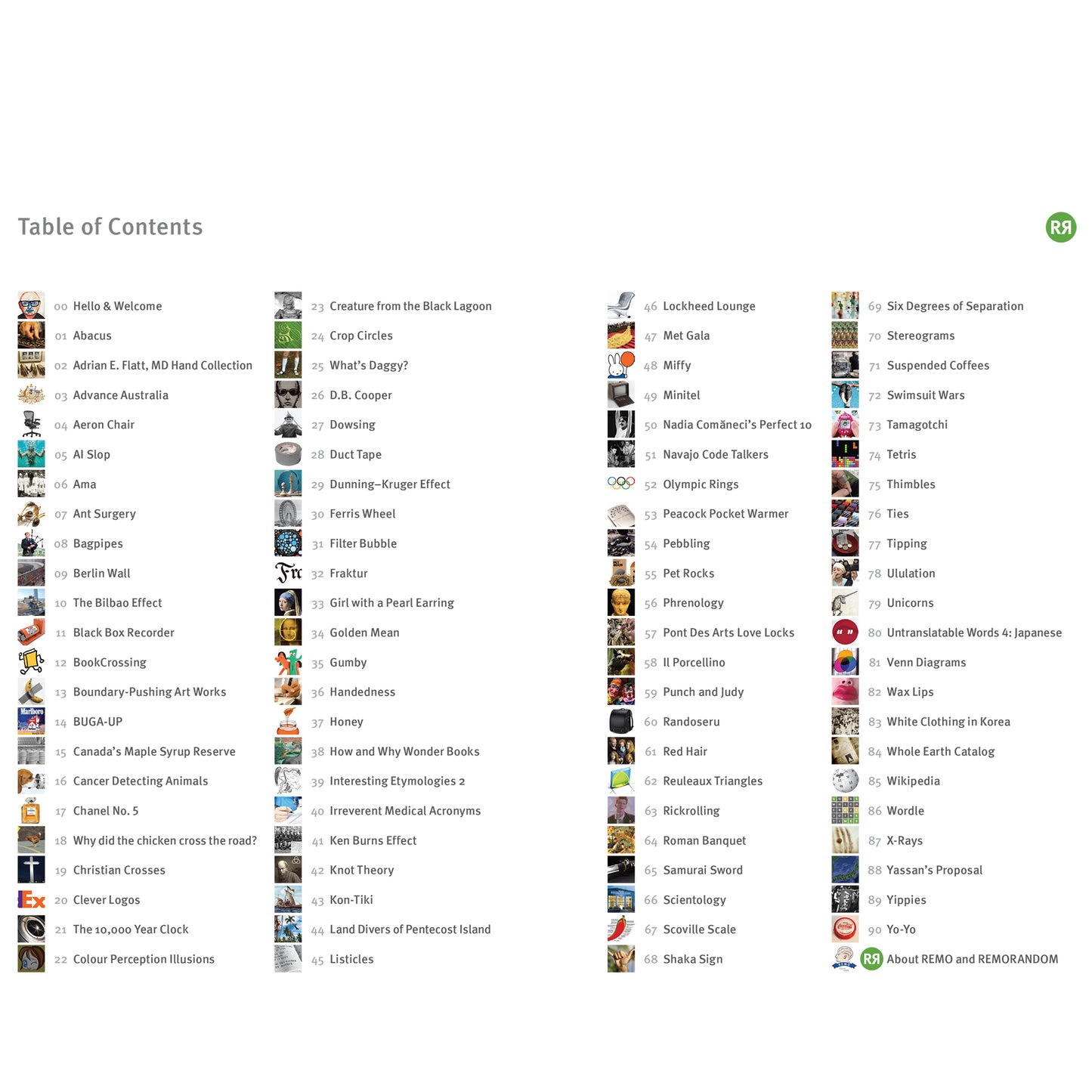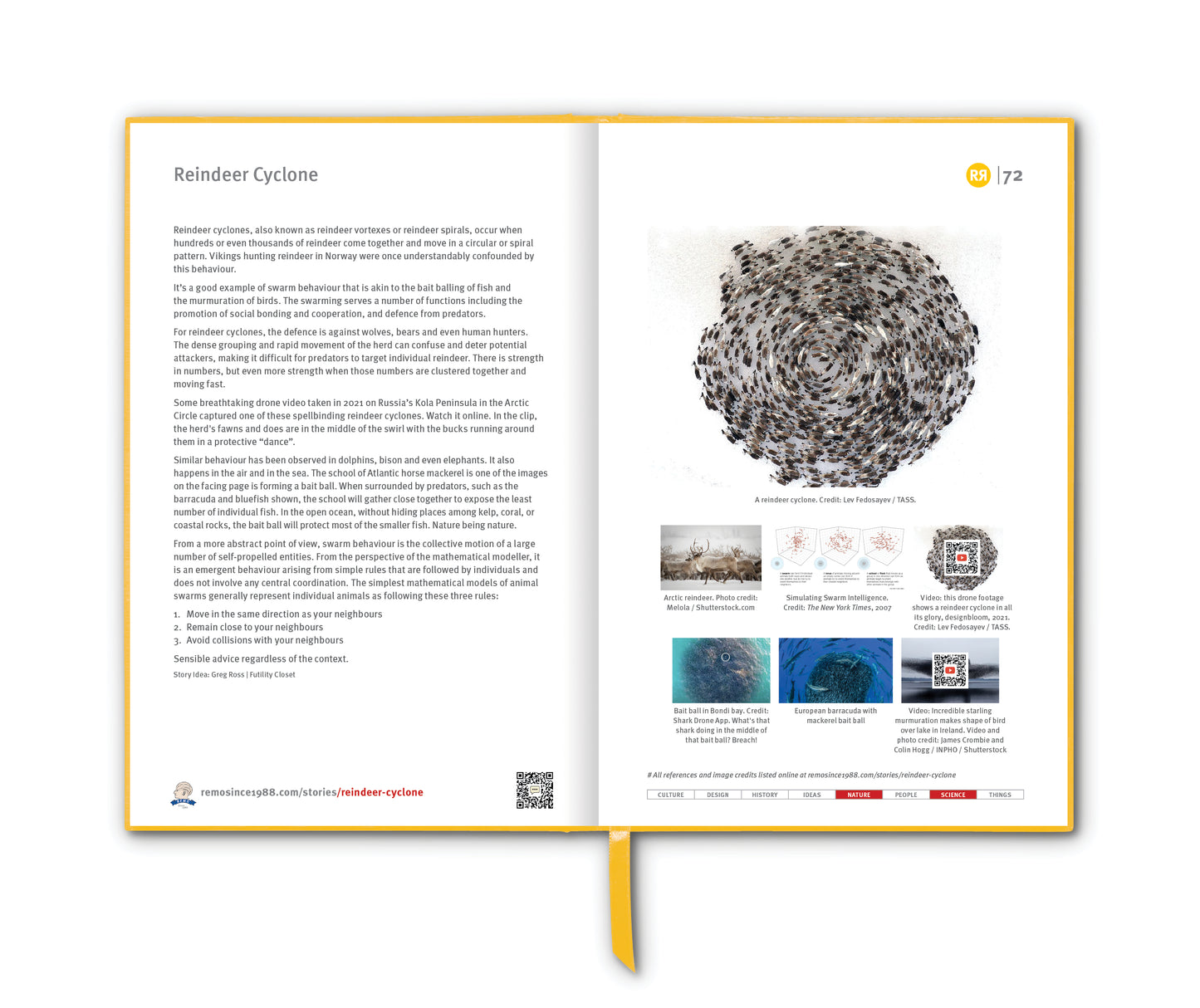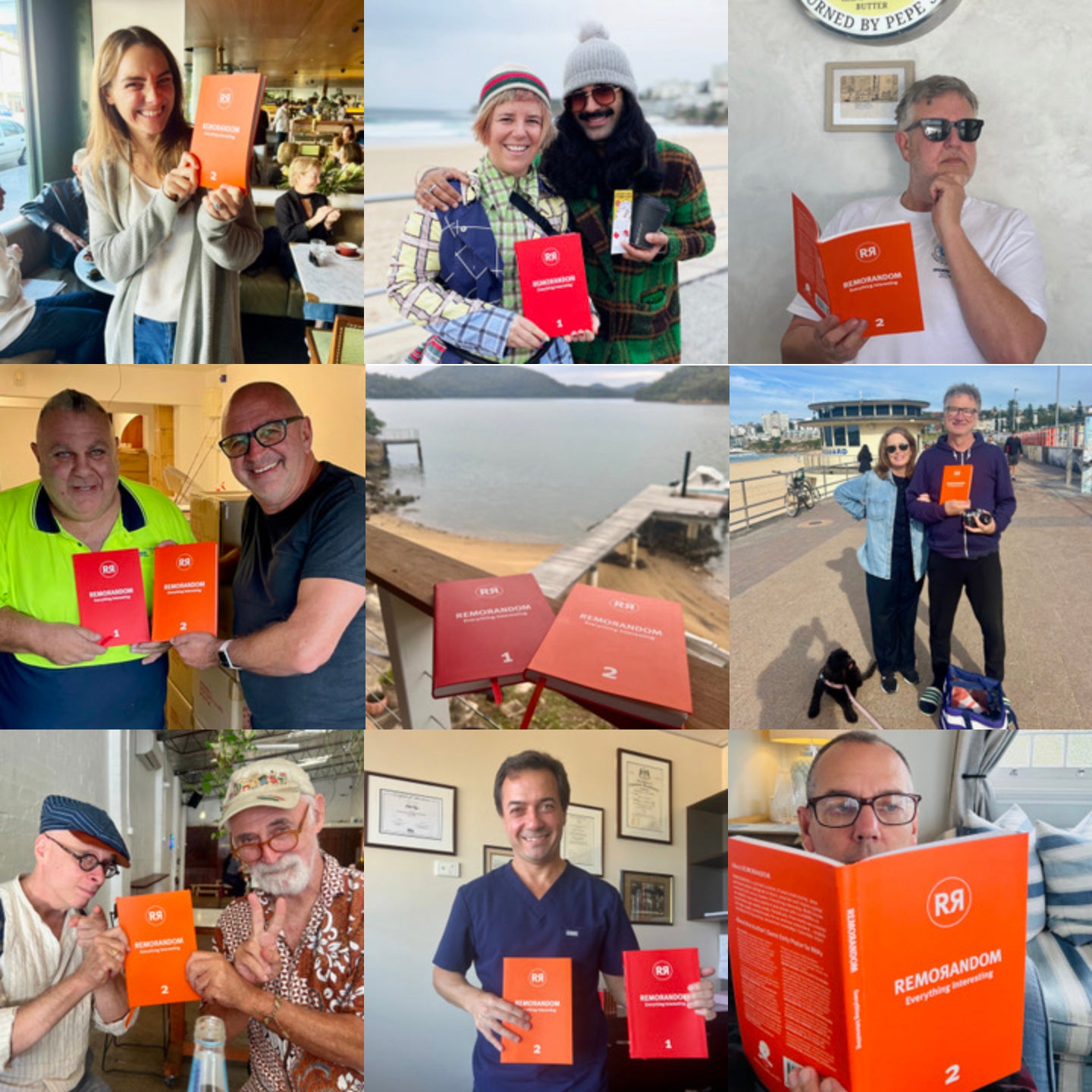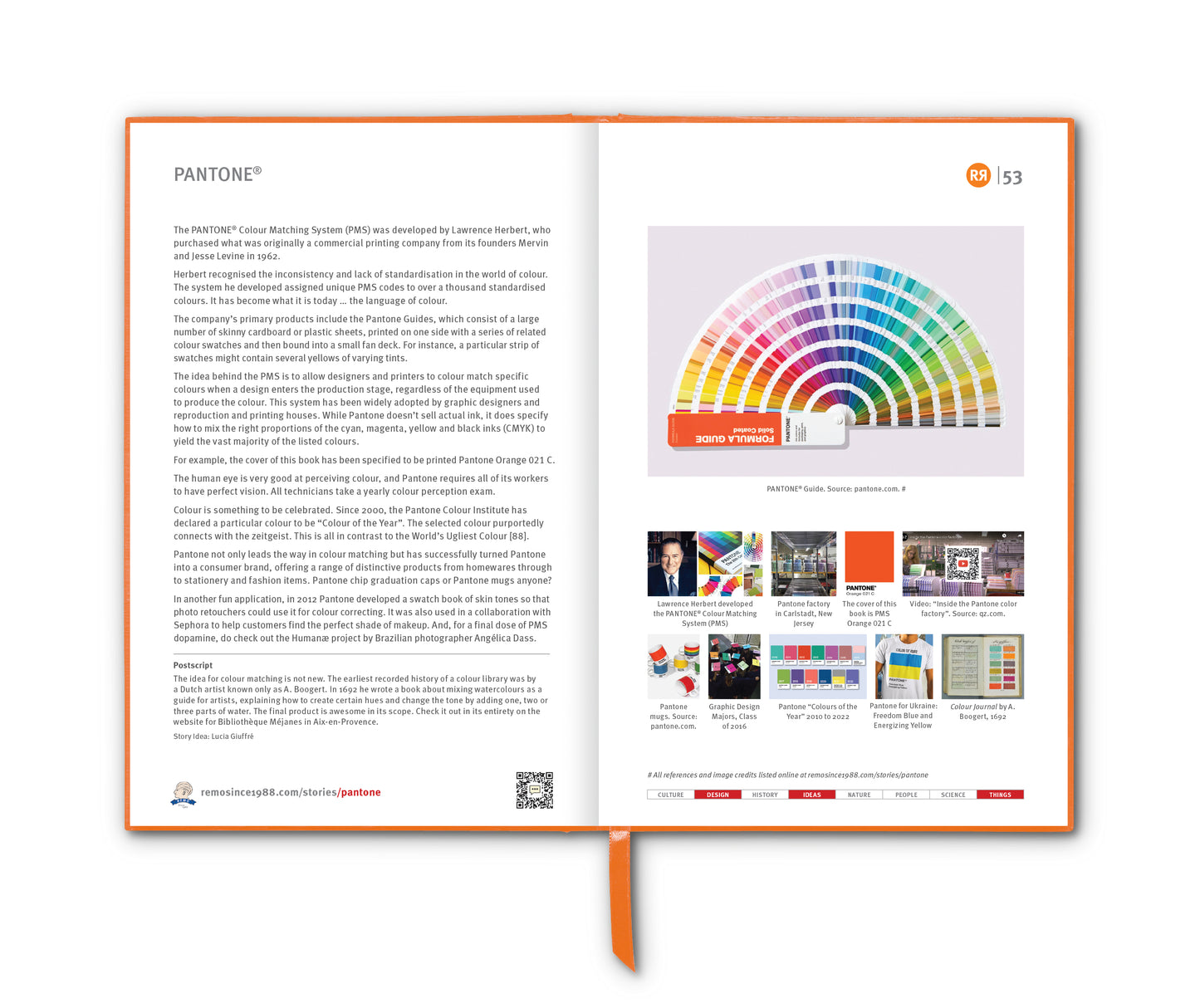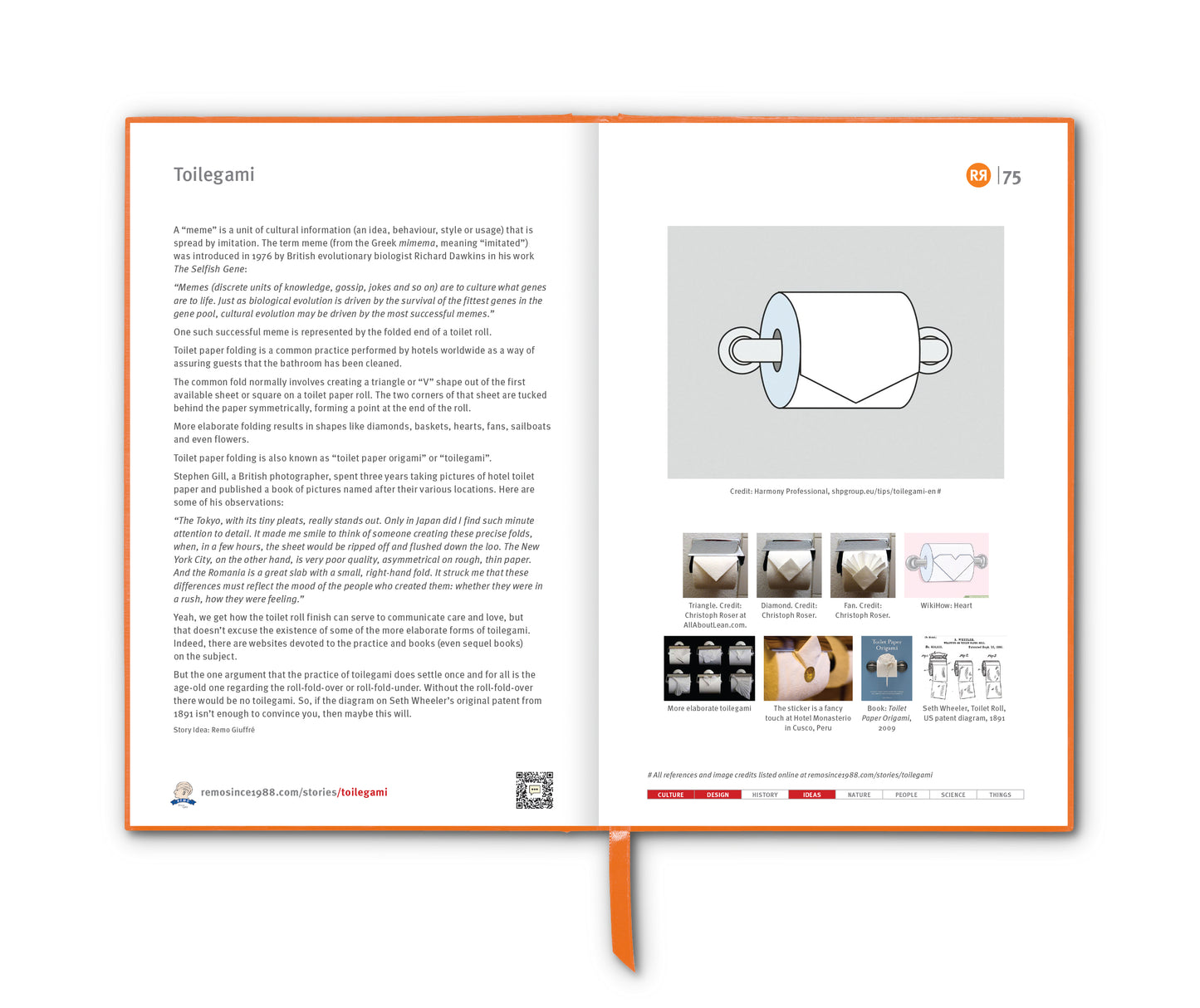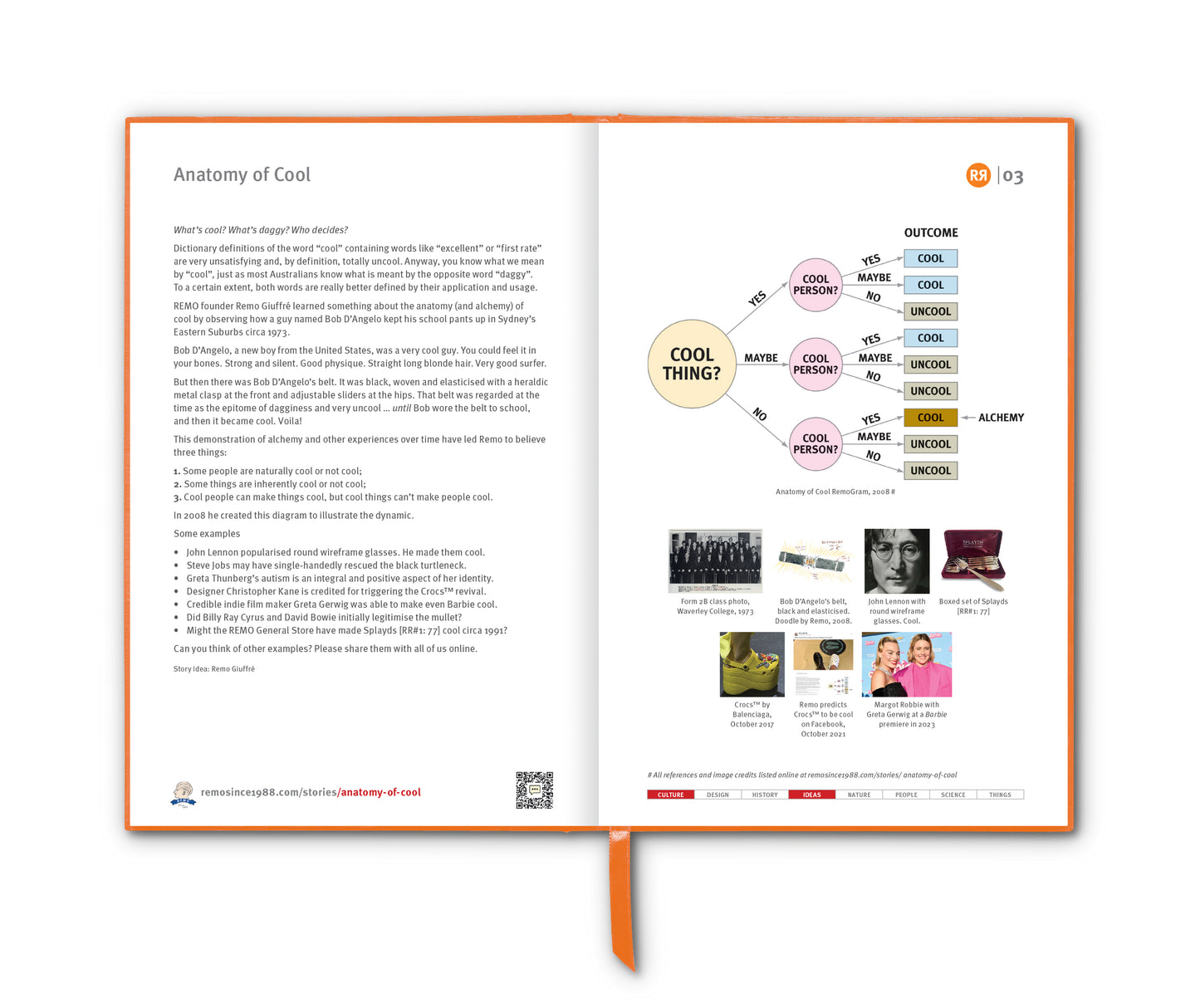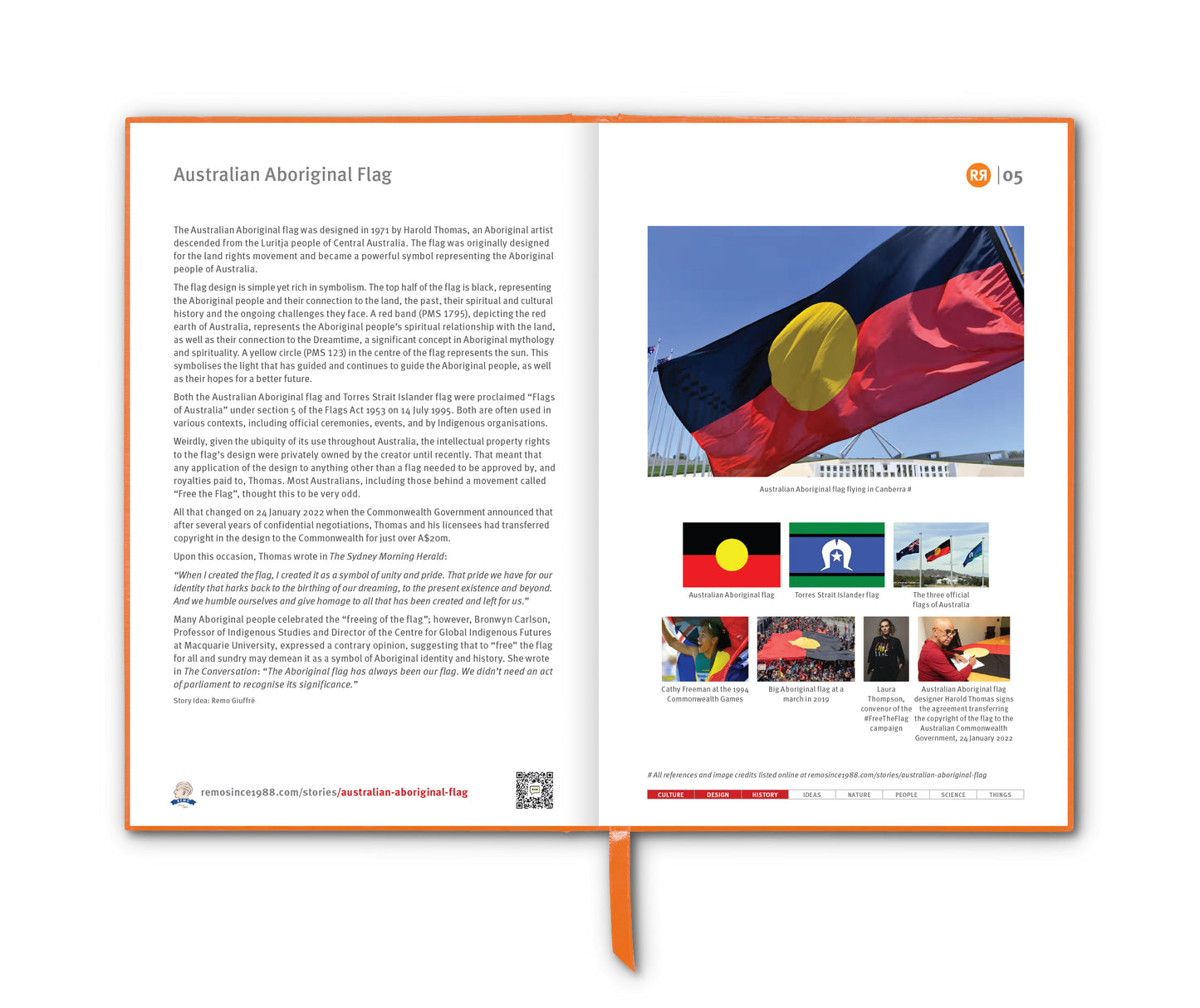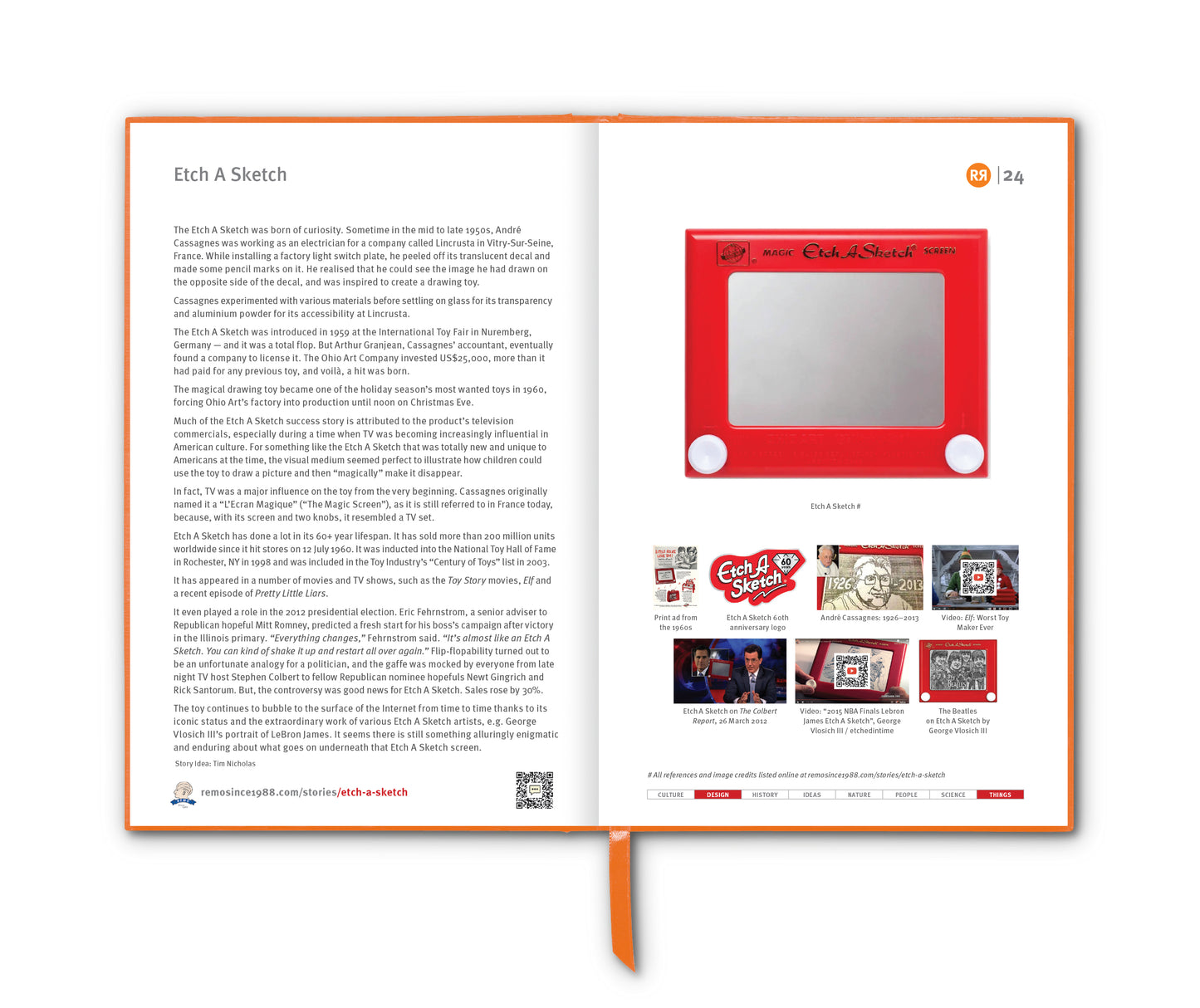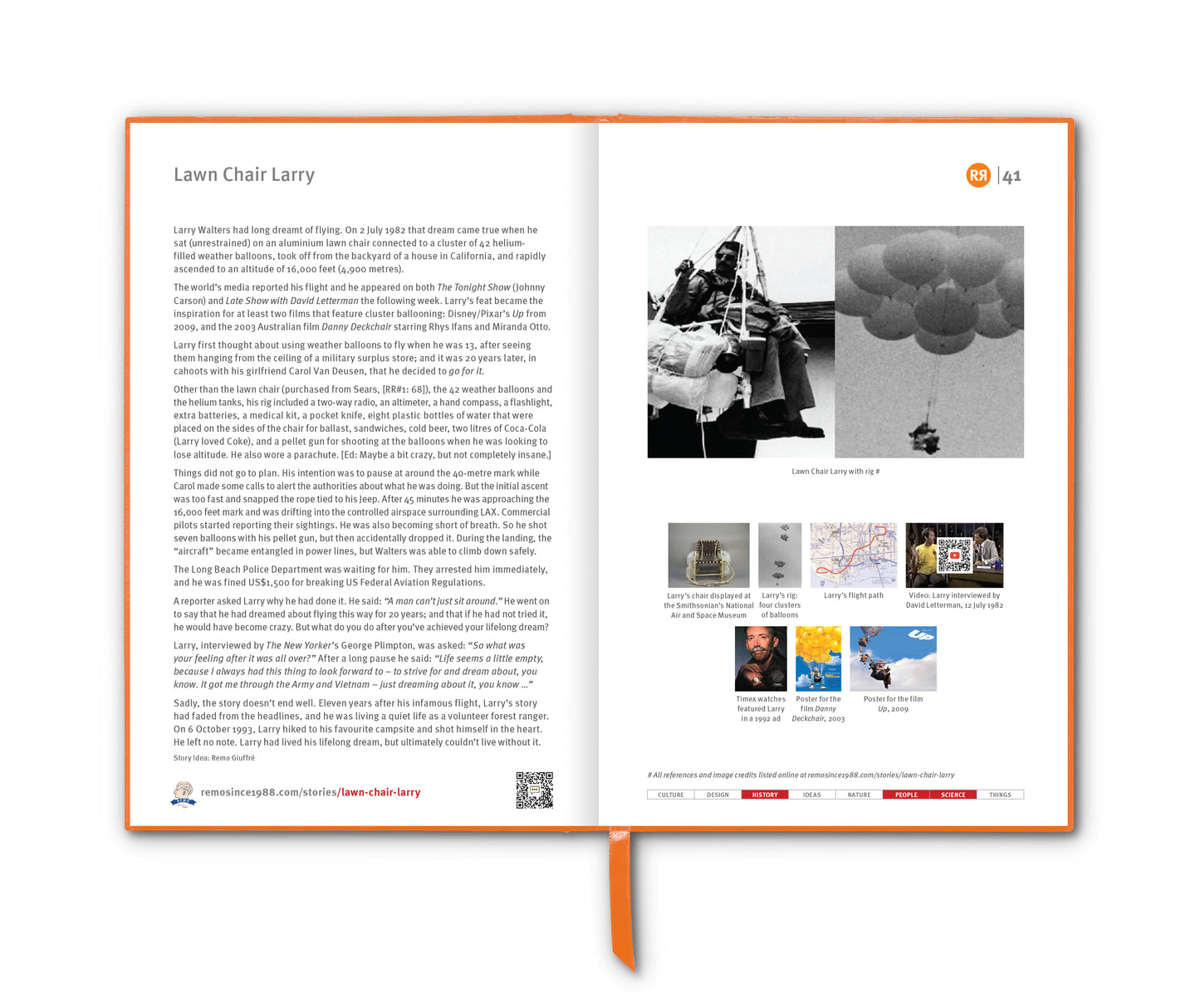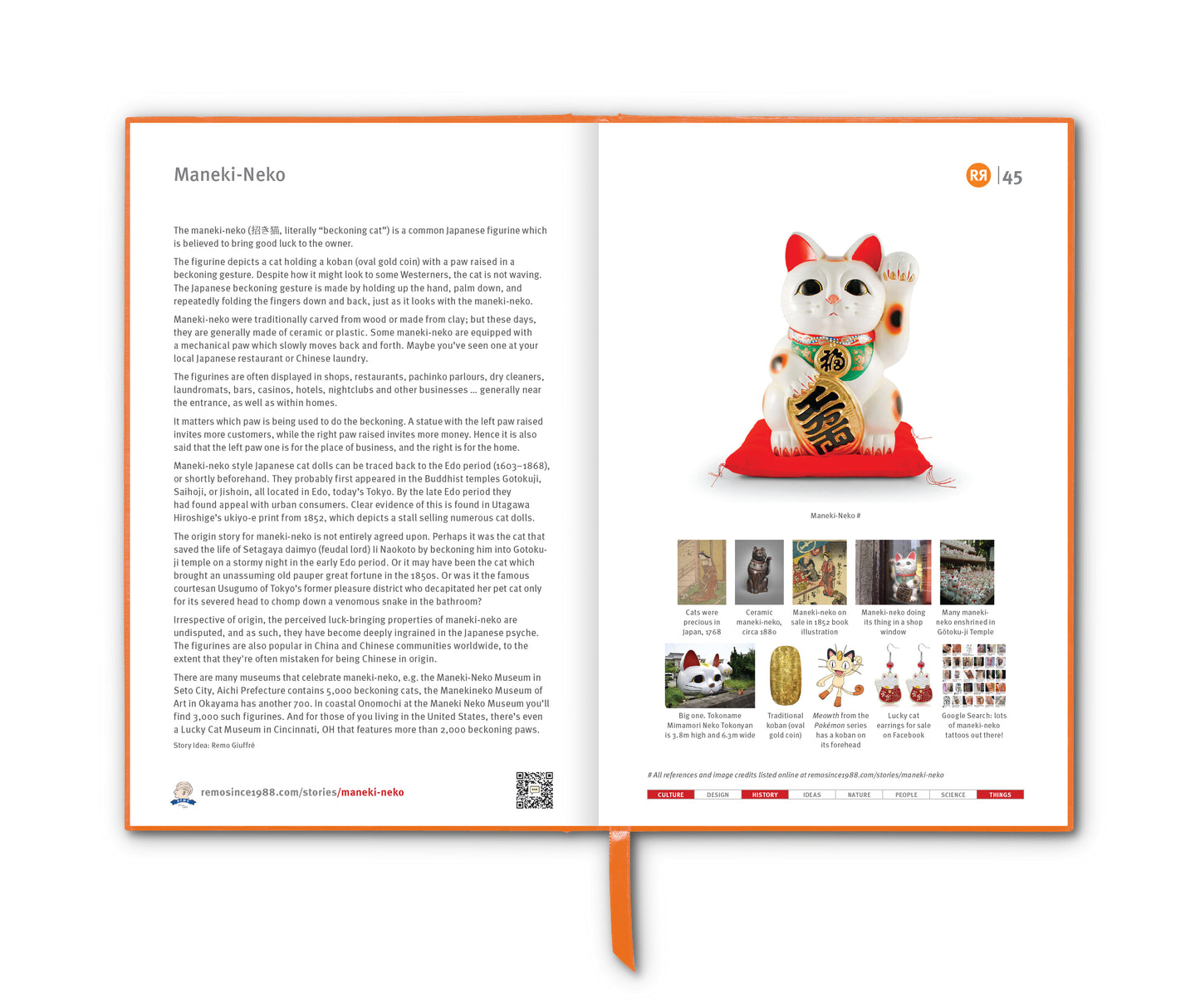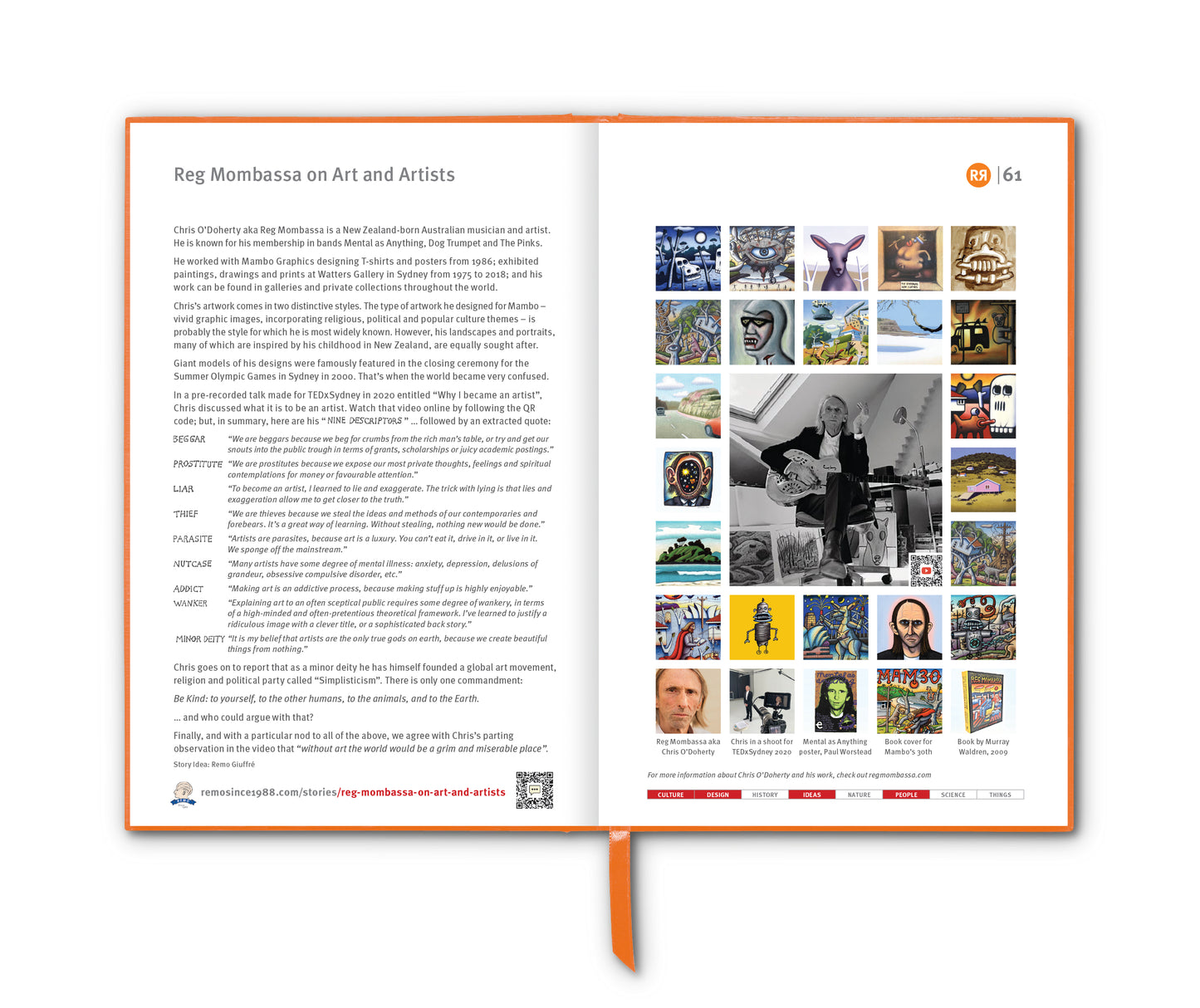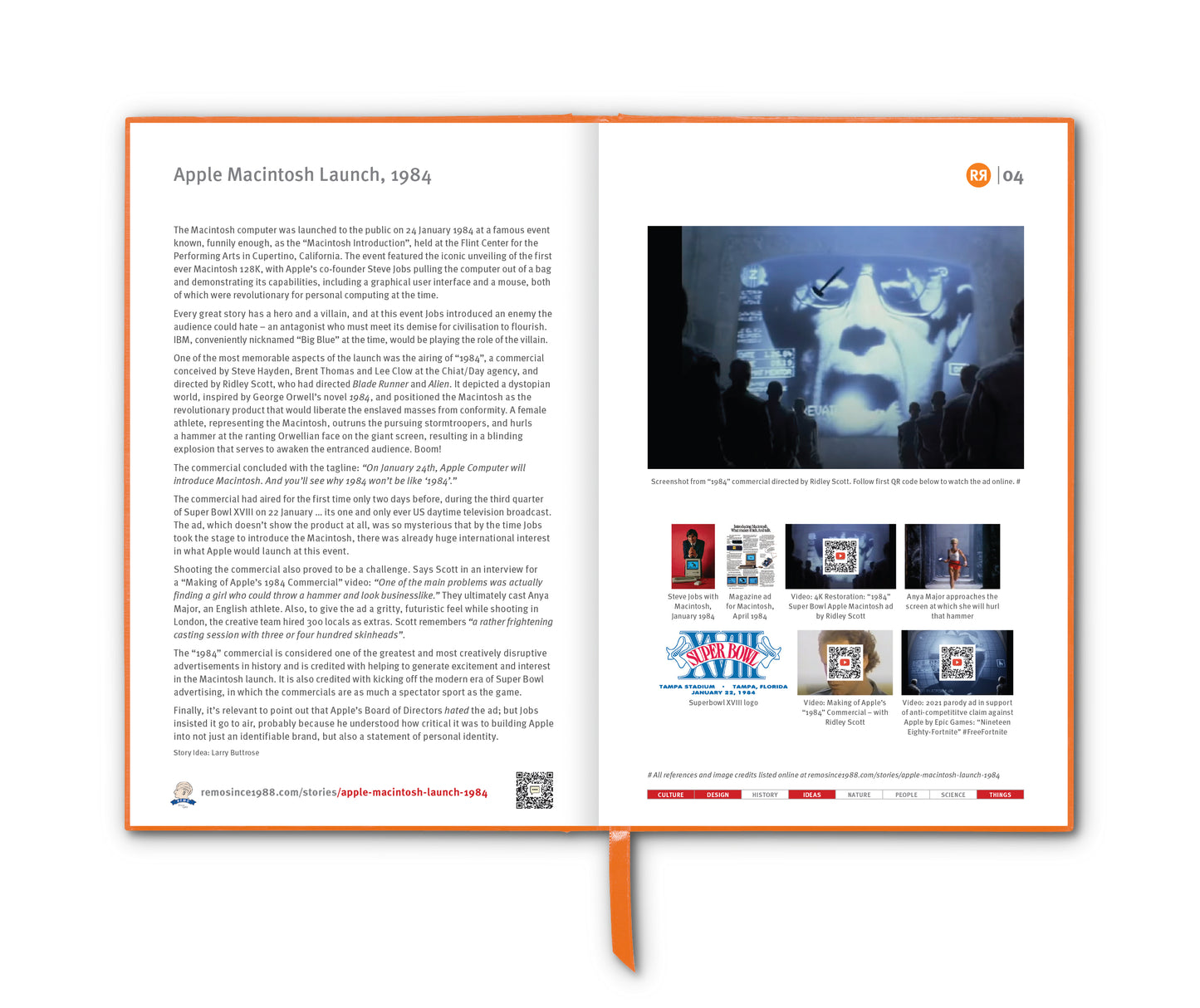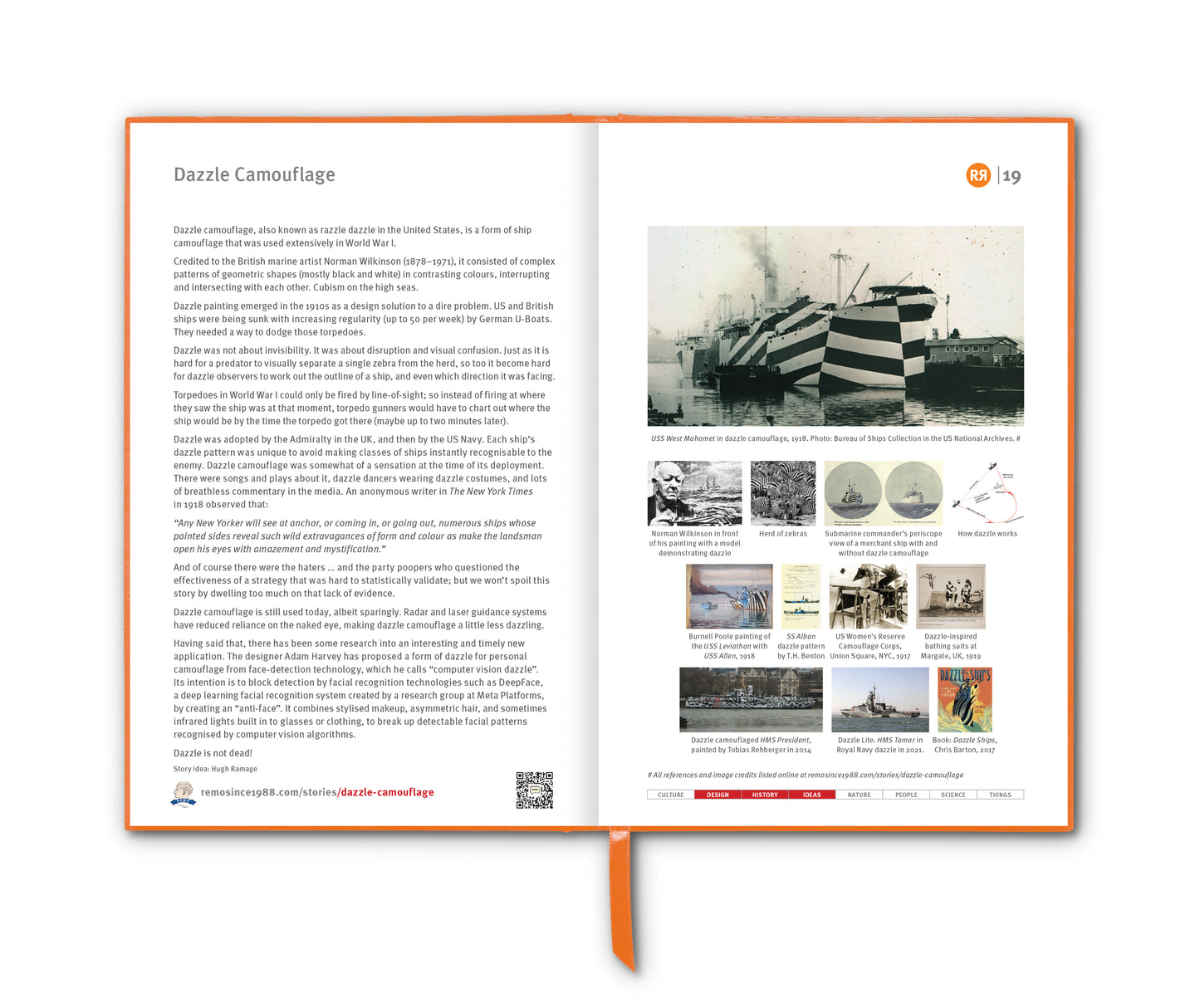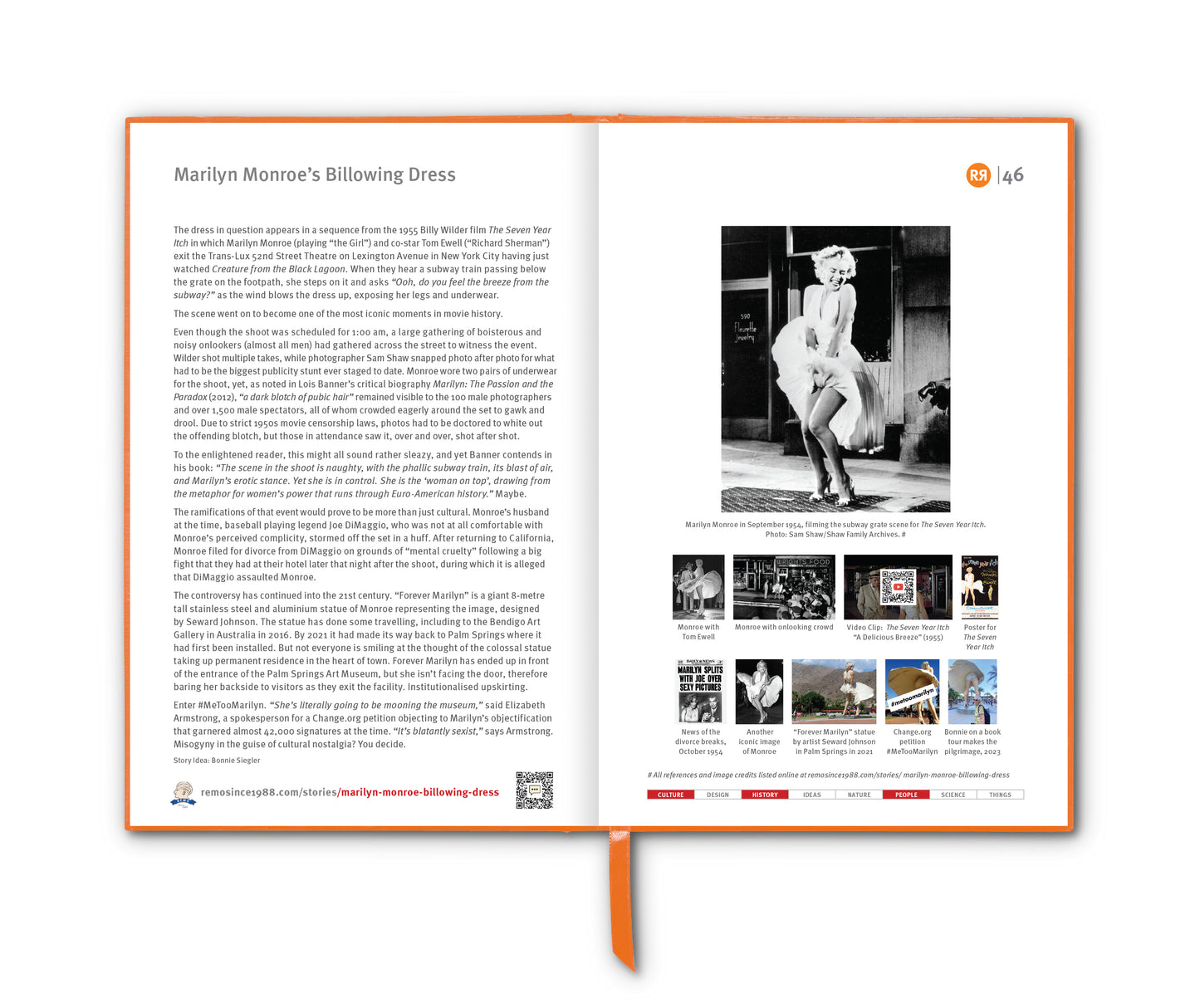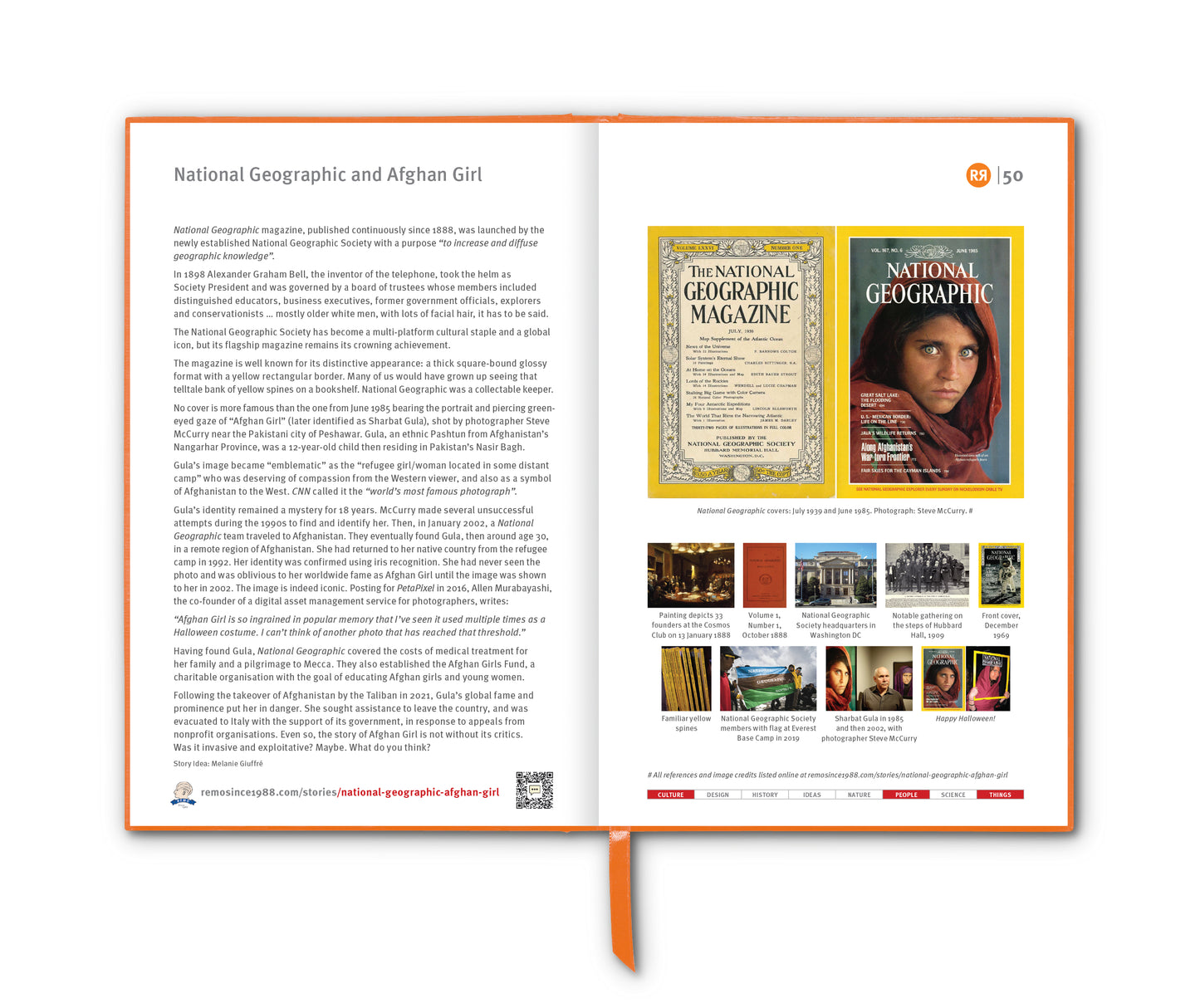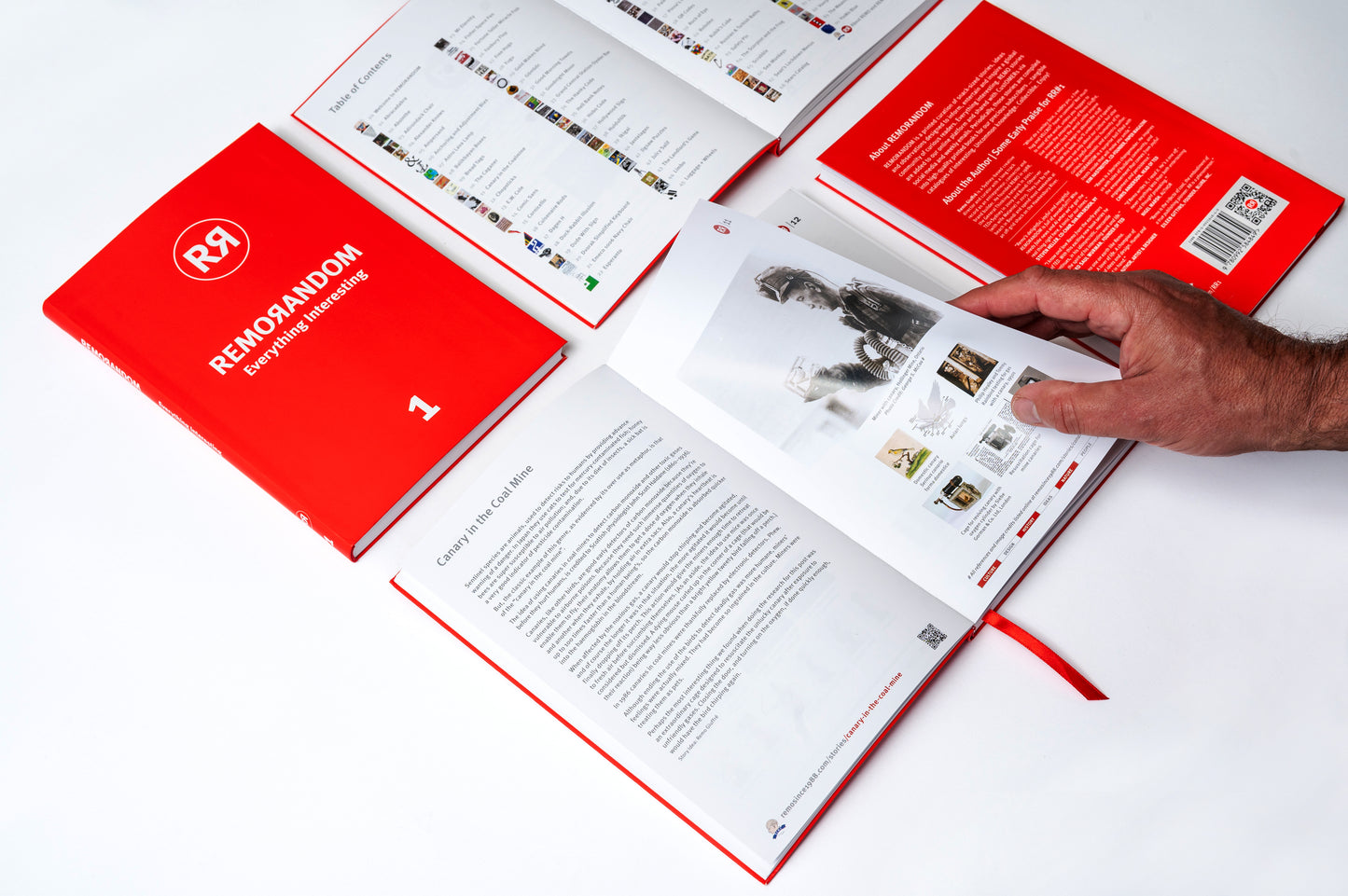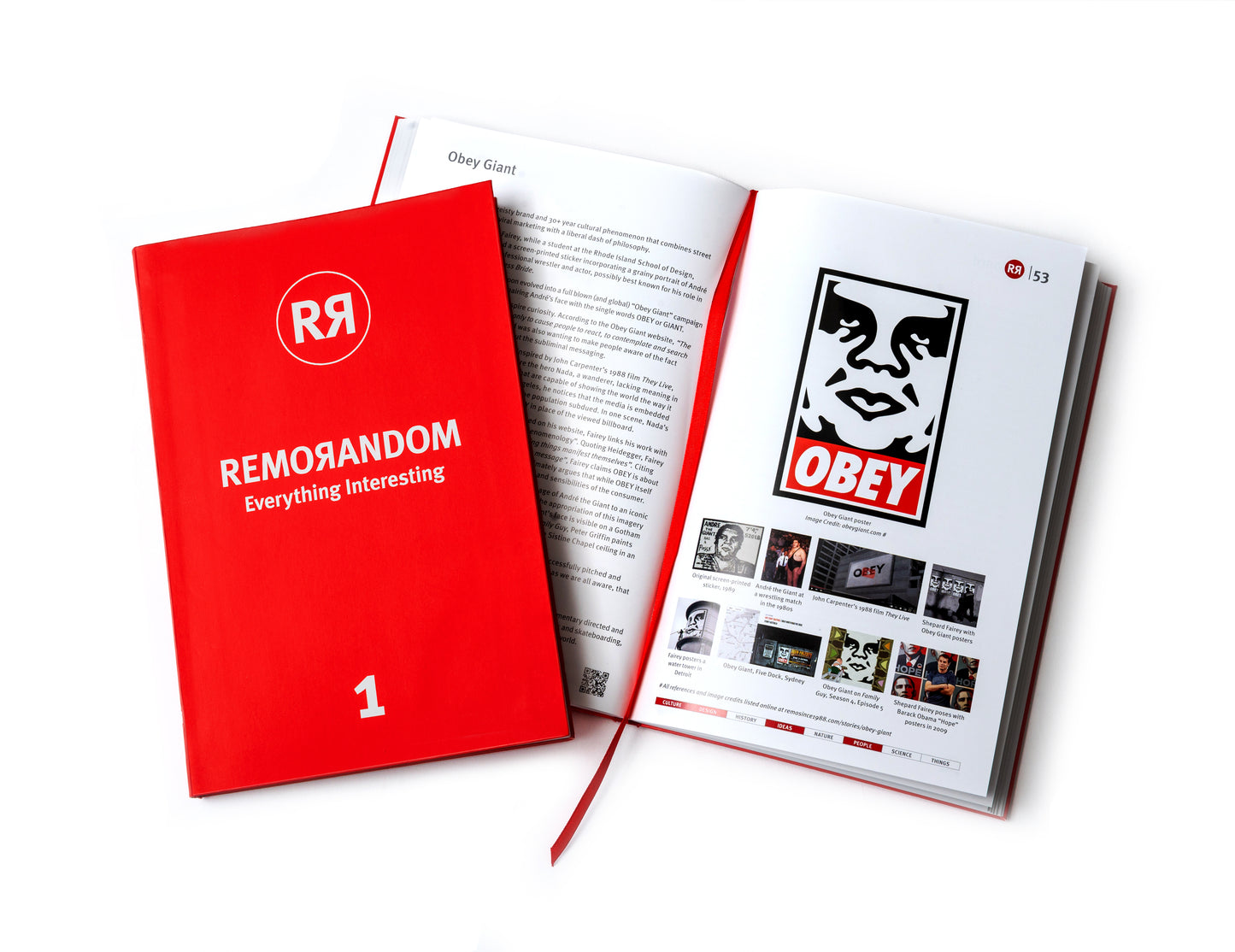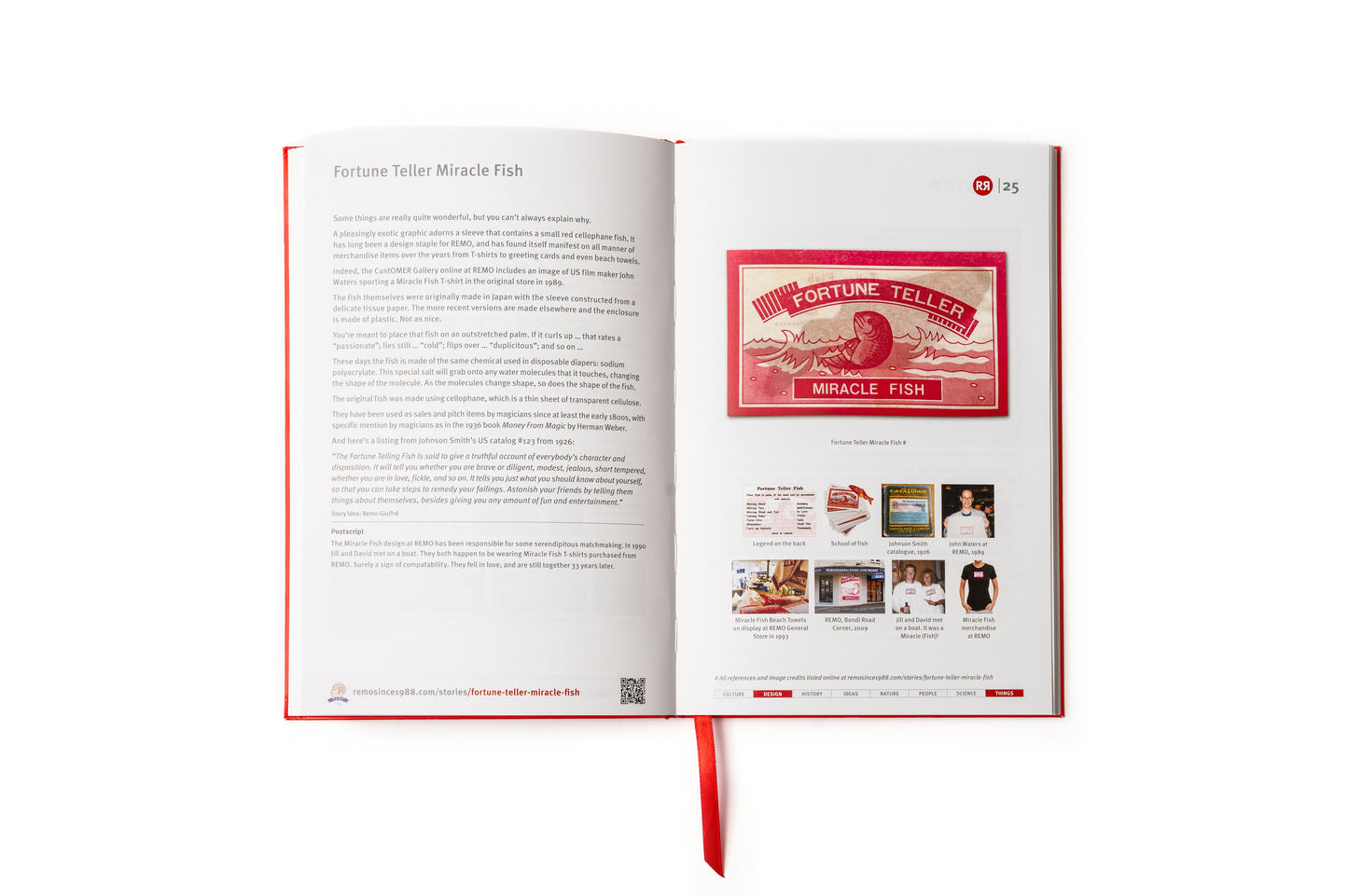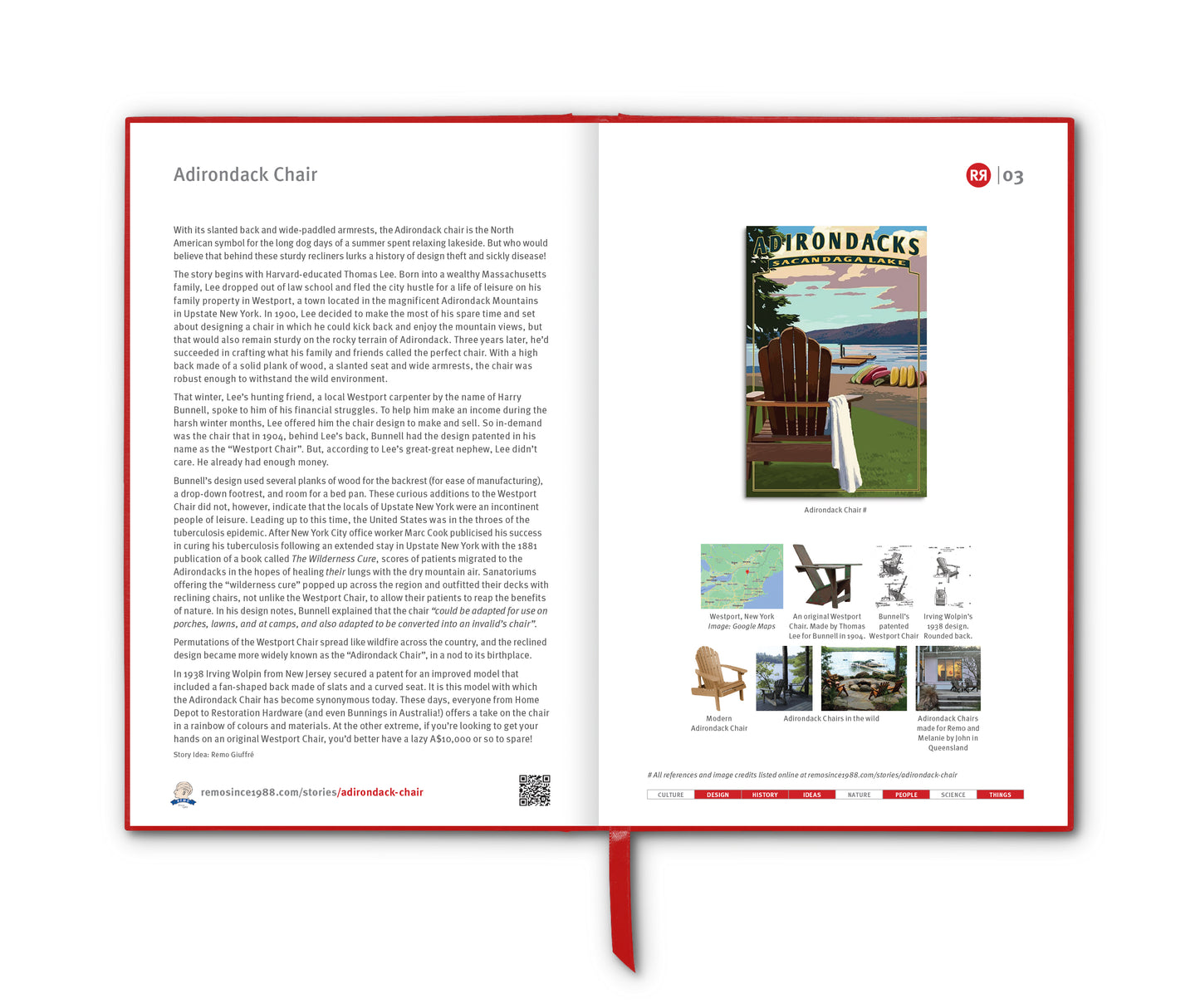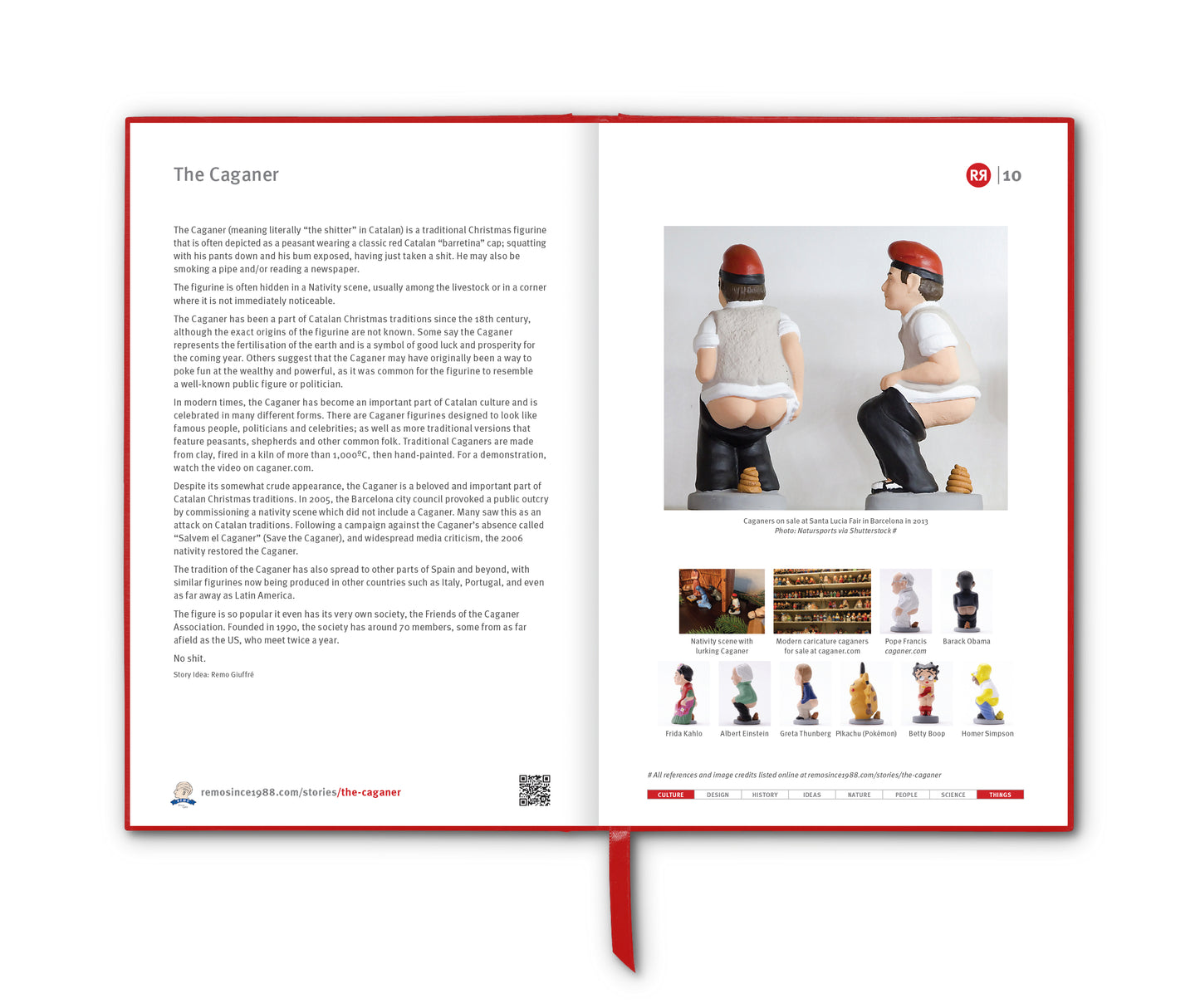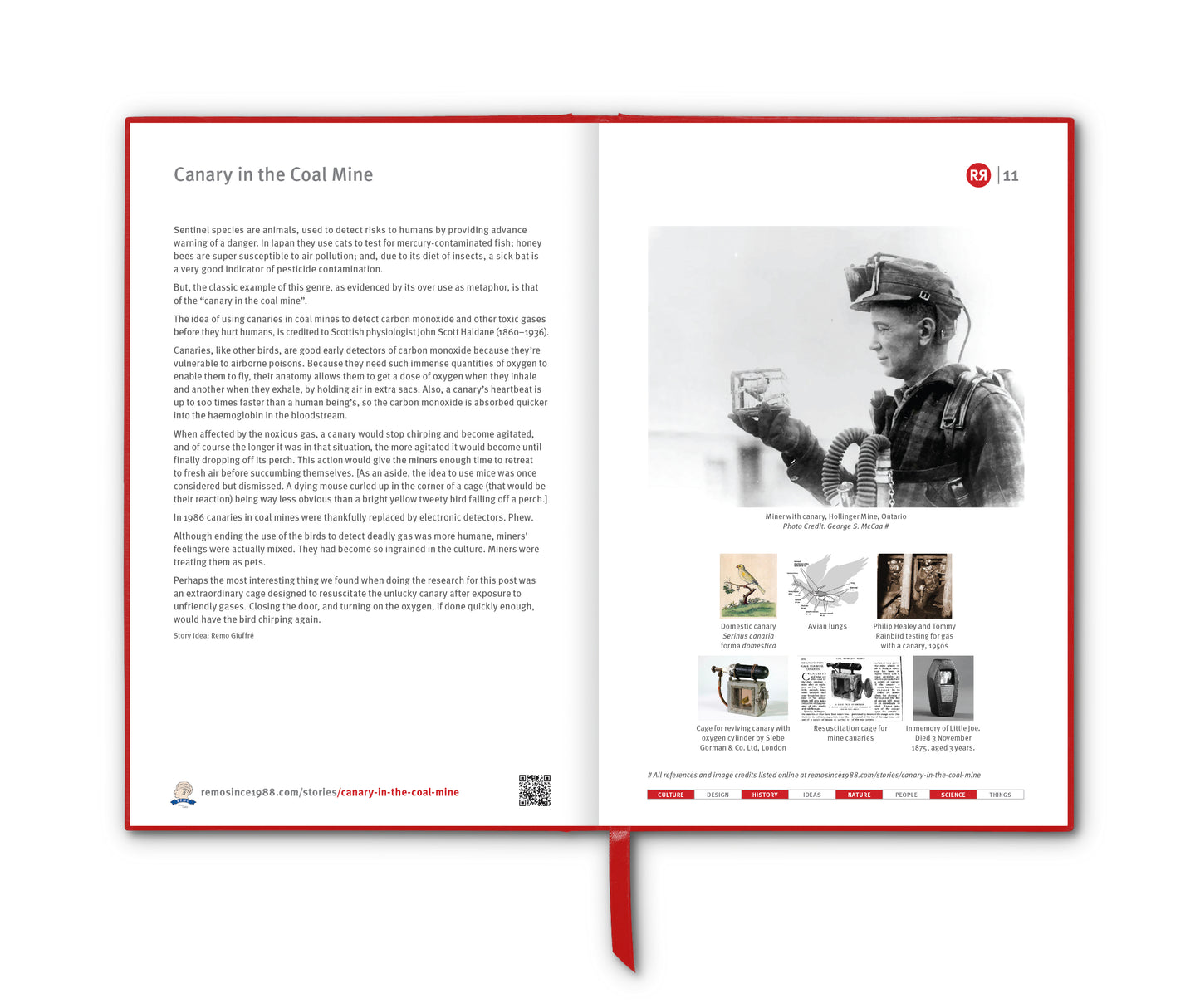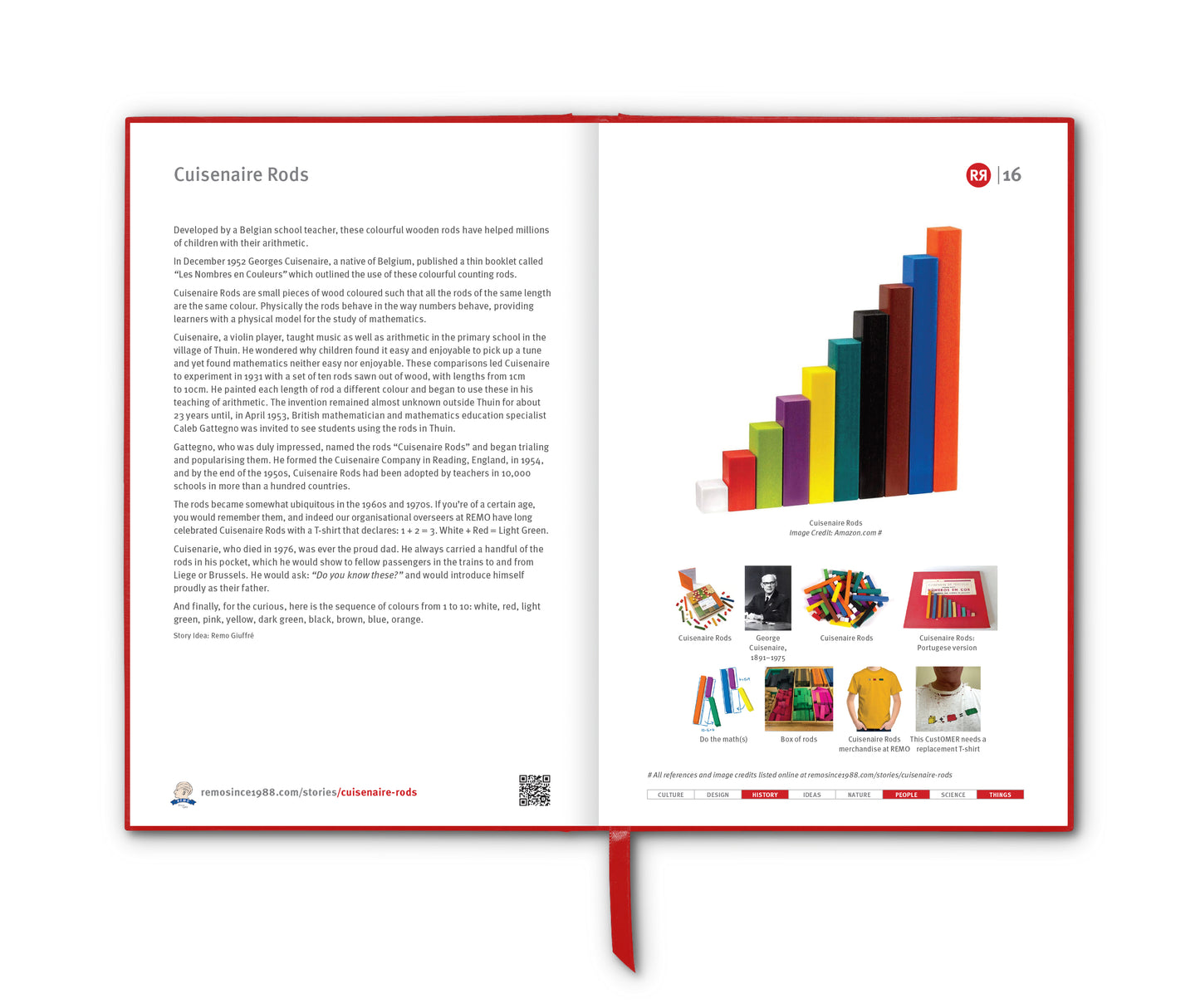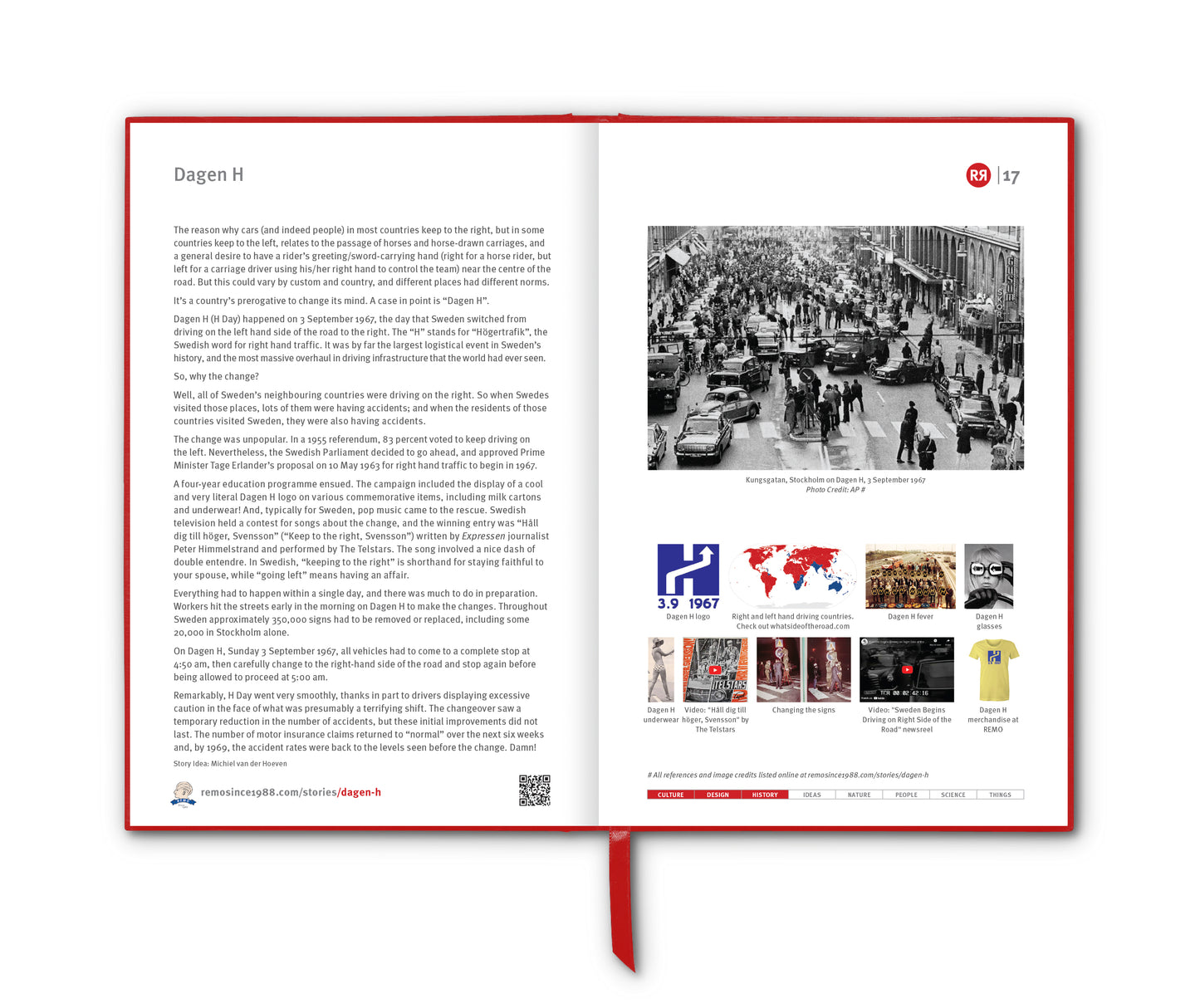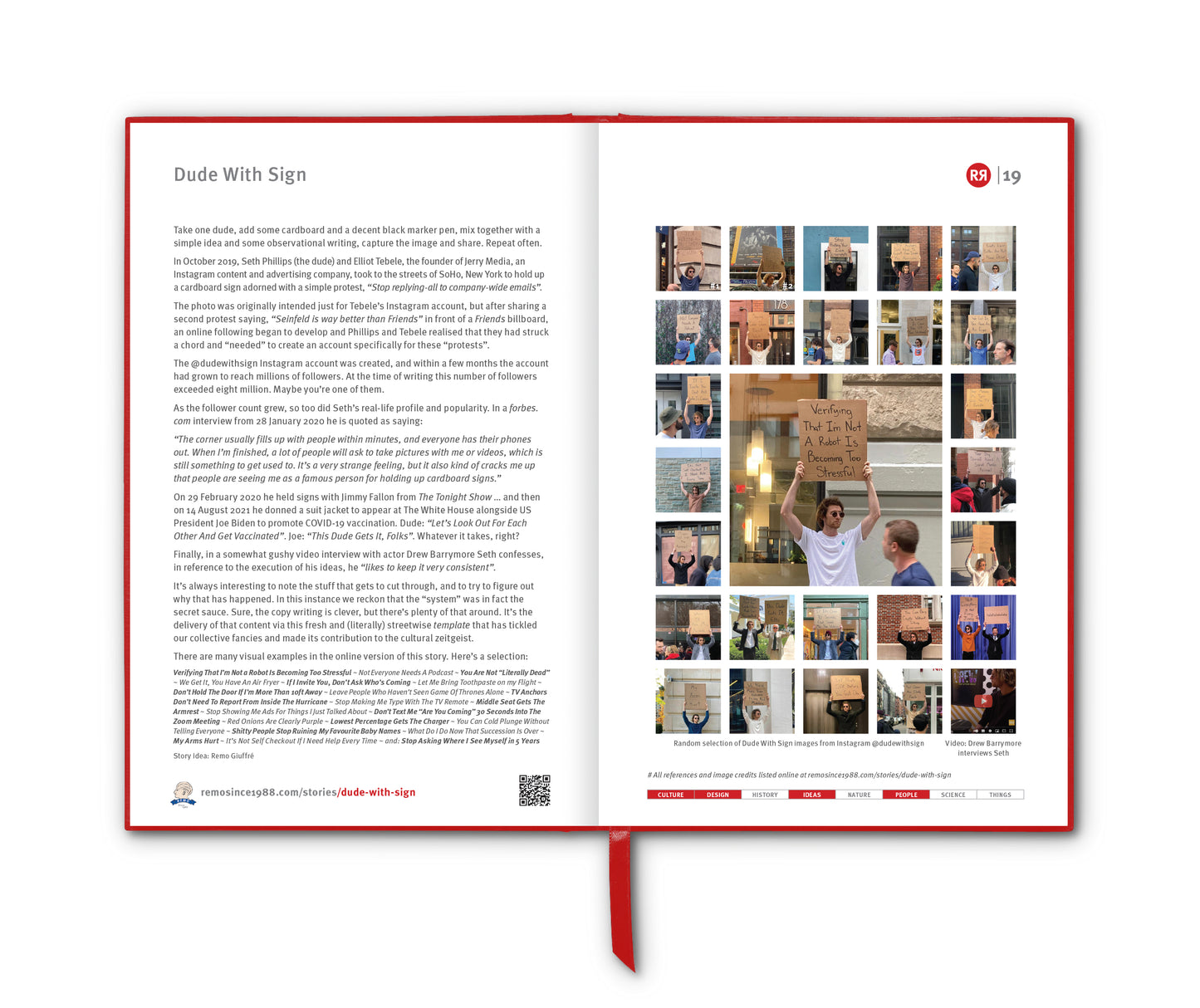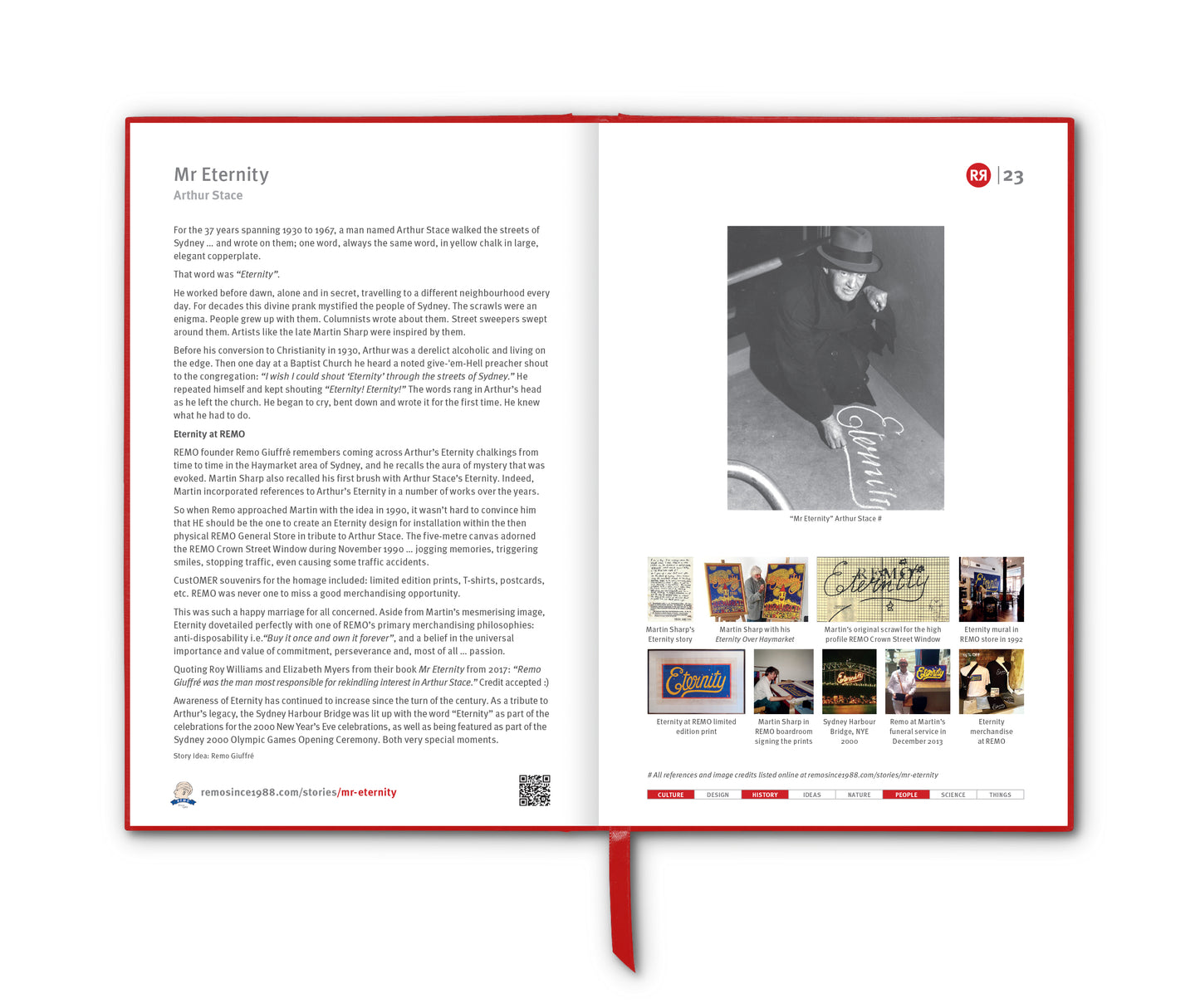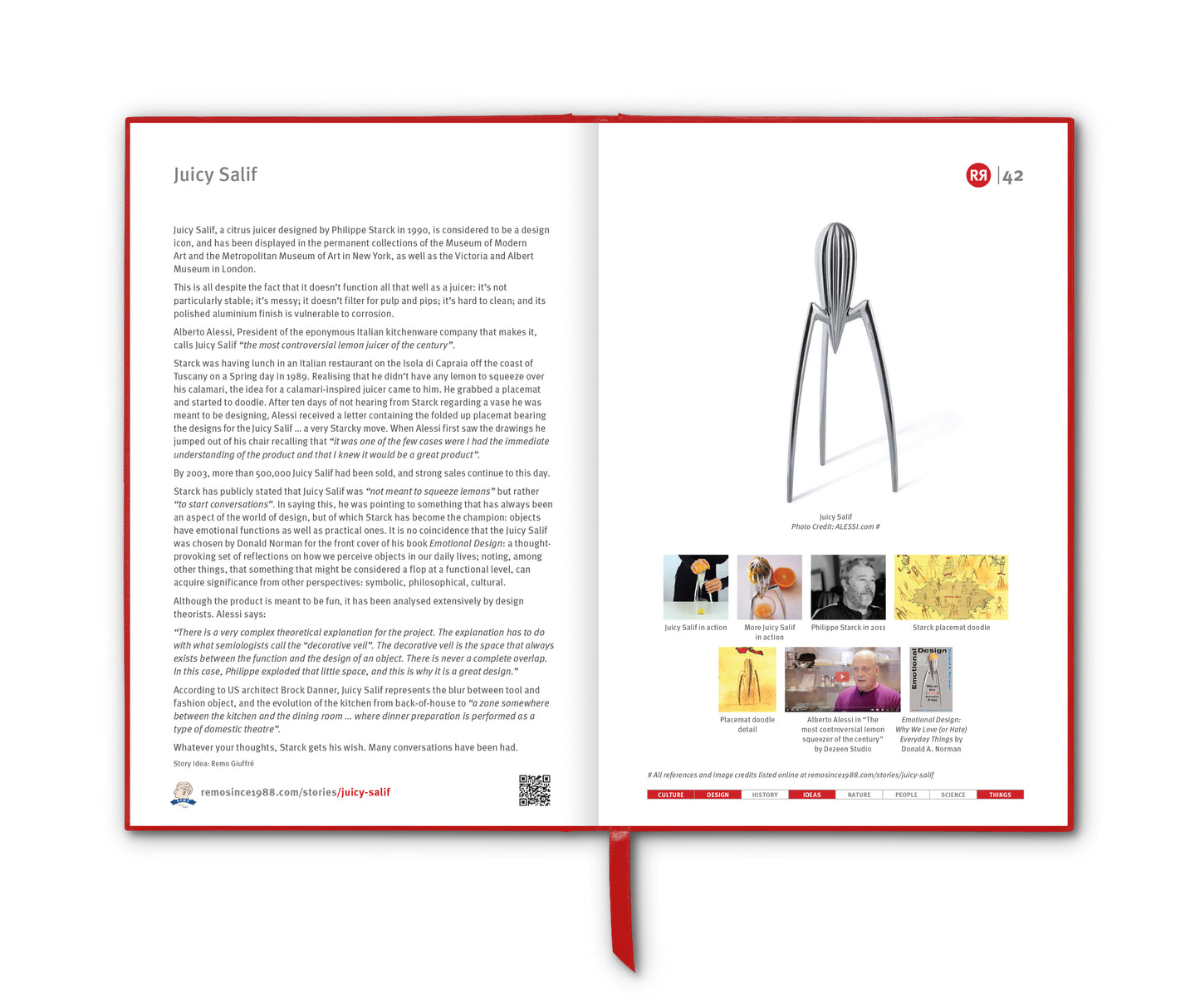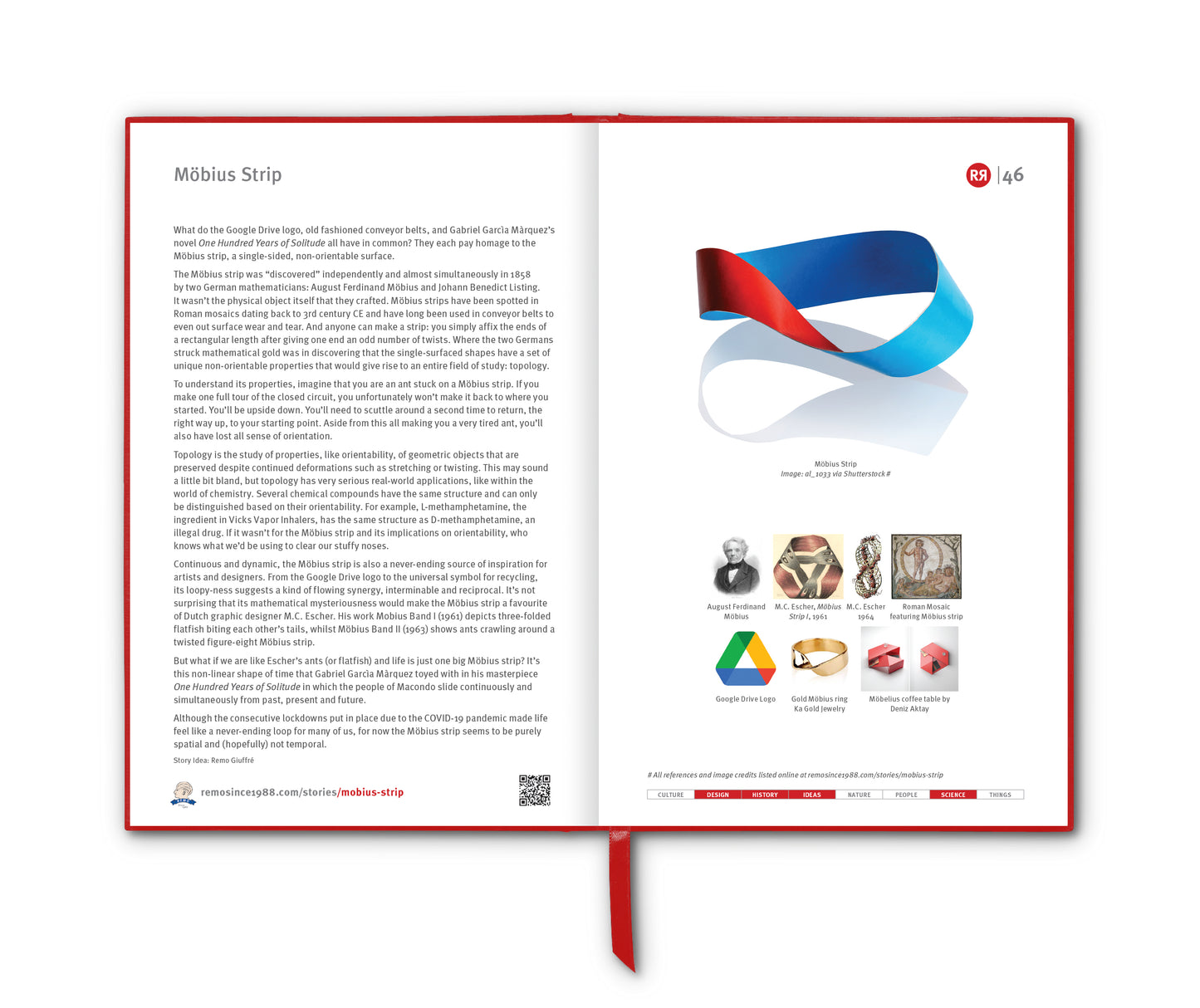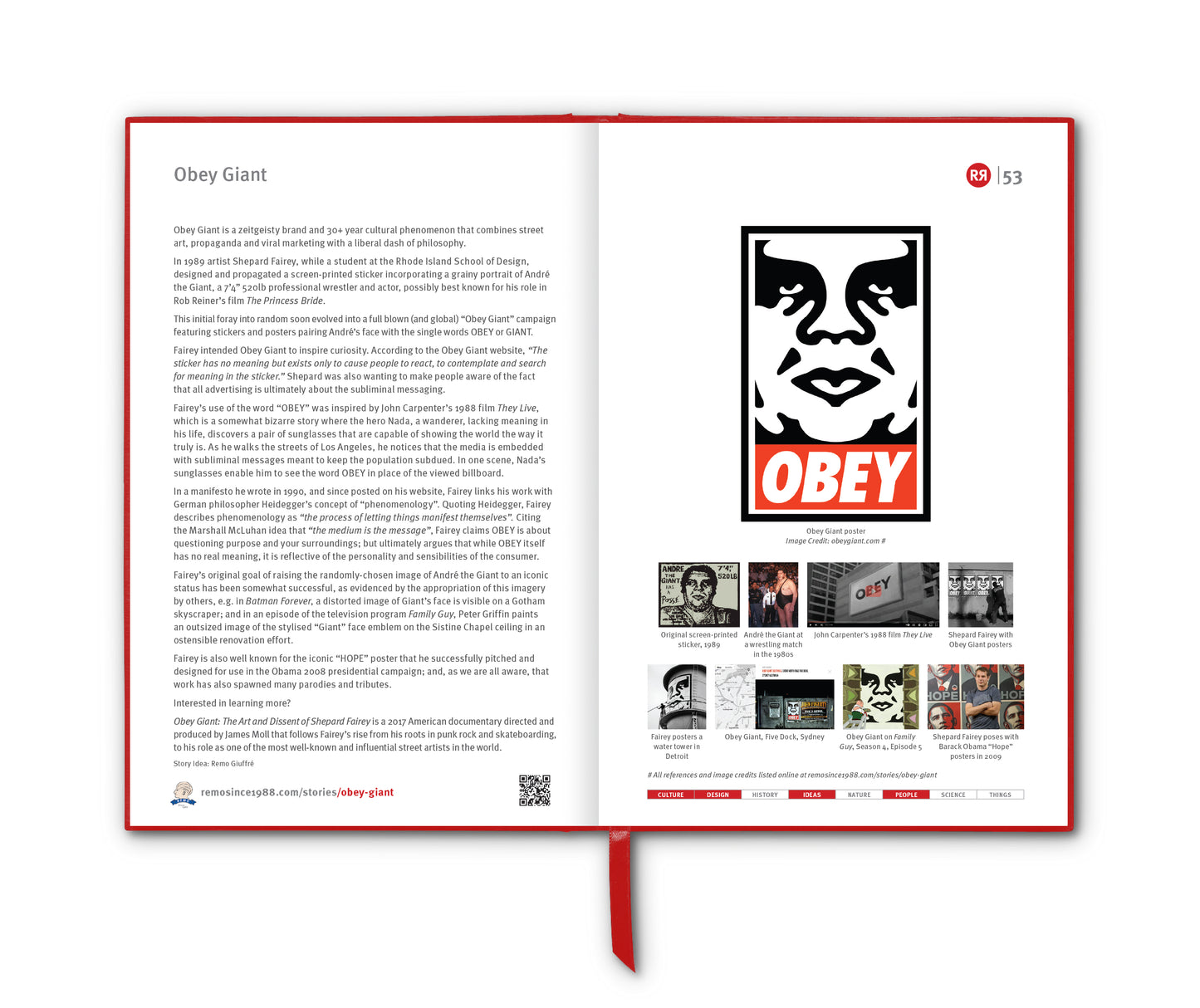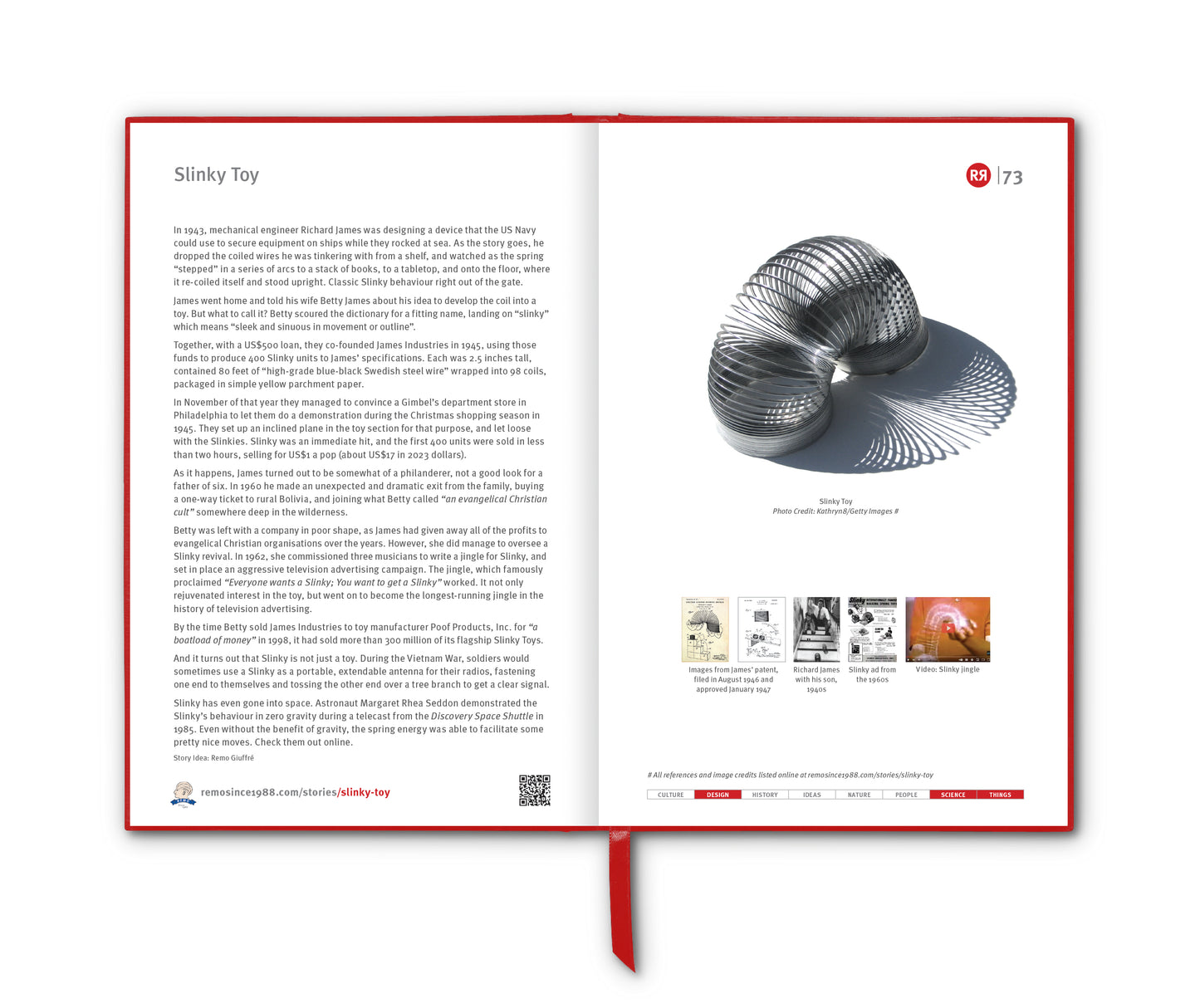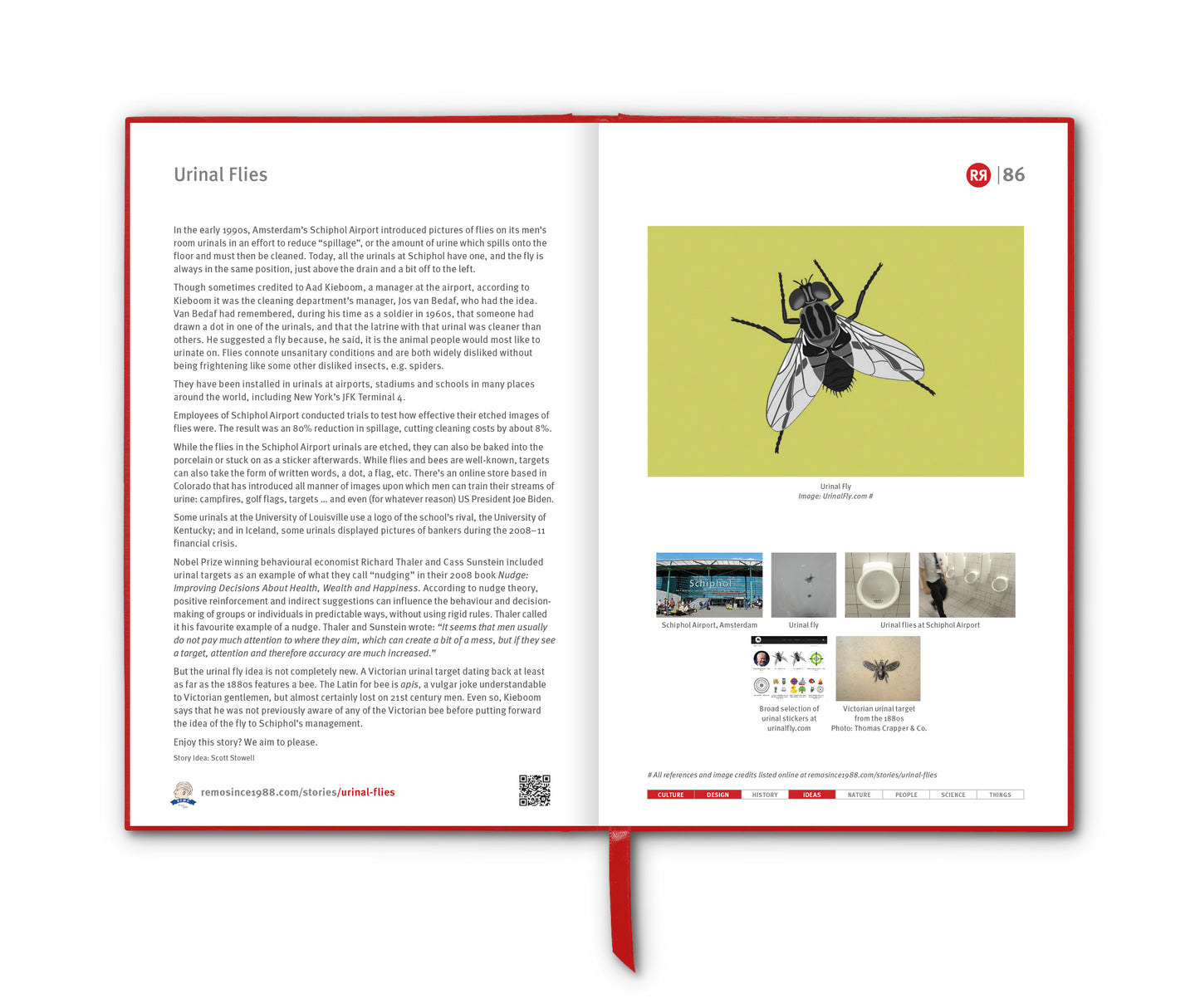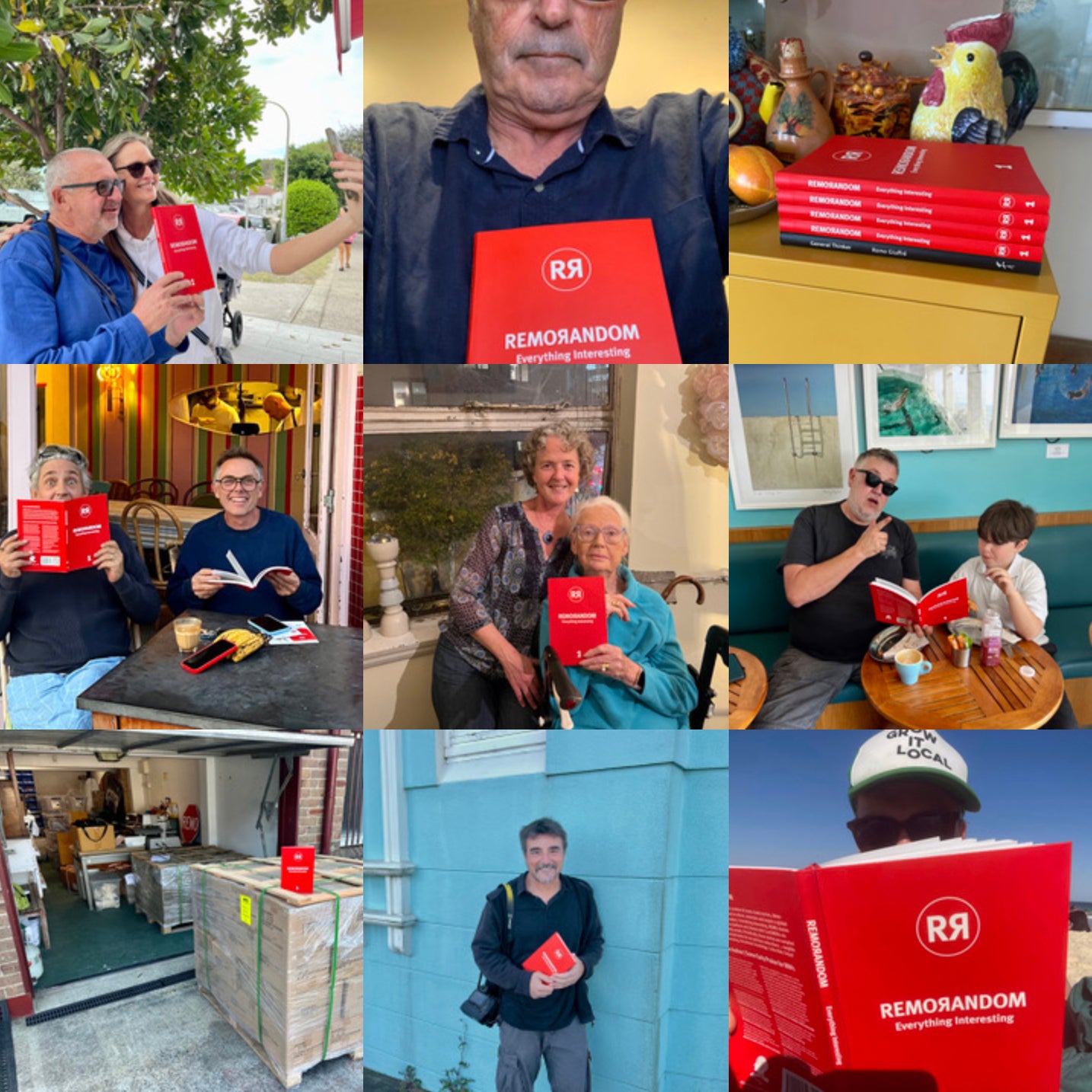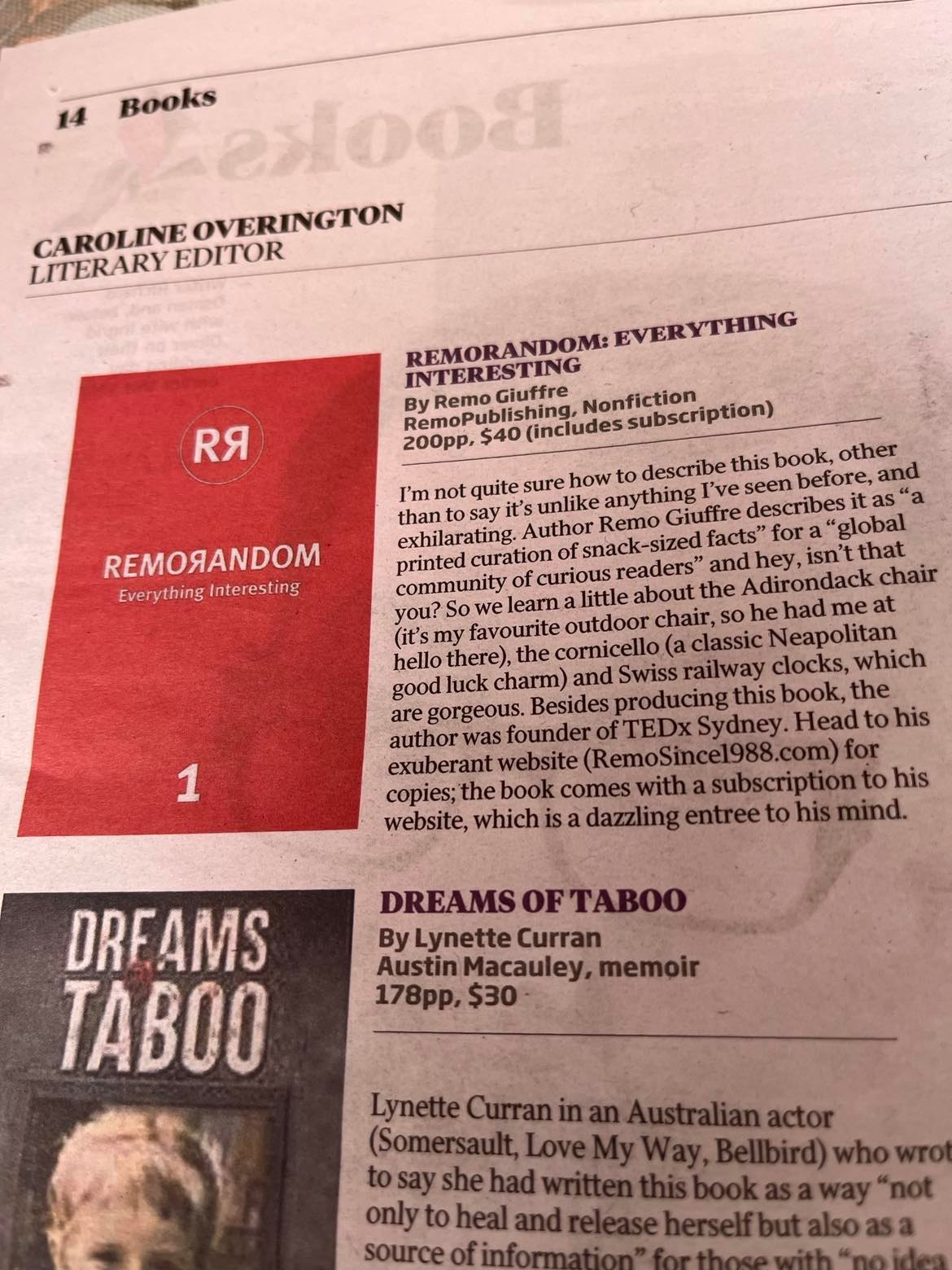The pleasant anticipation of a forthcoming event
Language can be useful to shape thought. Paying attention to concepts that don’t translate directly into English can give us an insight into another society's philosophy, sensibilities and values.
Take, for example, the Dutch word “voorpret”.
Literally translated as “pre-fun”, voorpret refers to the pleasant anticipation of a forthcoming event. Yet it's more than just looking forward to something, in which the focus is on the future. It's more about the here-and-now pleasure that comes in the preparation.
There’s no more obvious manifestation of voorpret than the preparation made for a journey or holiday. Pleasure can be found in the reading of guidebooks, the online research … and in the planning of what and who you're going to see … and where you're going to eat.
Adopting a voorpret mindset can actually improve your happiness. Actions consistent with this mindset would include: doing the scheduling (write it down), and taking the time to anticipate.
Research shows that we gain a lot more before a big event, rather than after. In 2007 Professors and psychologists Leaf Van Boven and Laurence Ashworth studied the impact anticipation has on our feelings and found the connection to be a lot stronger than retrospection, so much more so that it can impact our overall well-being.
And voorpret is of extra relevance during the here and now of the COVID-19 pandemic.
In 2021 the Van Boven/Ashworth research was applied by Leslie-Miller, Waugh and Cole to a study that explored the regulatory techniques that are effective at stimulating long-lasting positive emotion during the COVID-19 pandemic, with findings suggesting that positive anticipation of future experiences, along with hopefulness for the future, can be a powerful predictor of a positive emotional state during the here-and-now of the global pandemic.
So, stay hopeful … and make some plans.
____________________________
Images
1. Photo by Pontus Edenberg from FreeImages
2. Image: Moonshot Central
3. Jumbo “Tempus Fugit” wallplanner in the REMO studio in 2009
4. Van Boven / Ashworth Research, 2007. A structural equation model of participants’ average reported current emotion during anticipation of, imagination of, or retrospection about listening to an annoying noise.
5. Photo by Christian Carollo from FreeImages


















